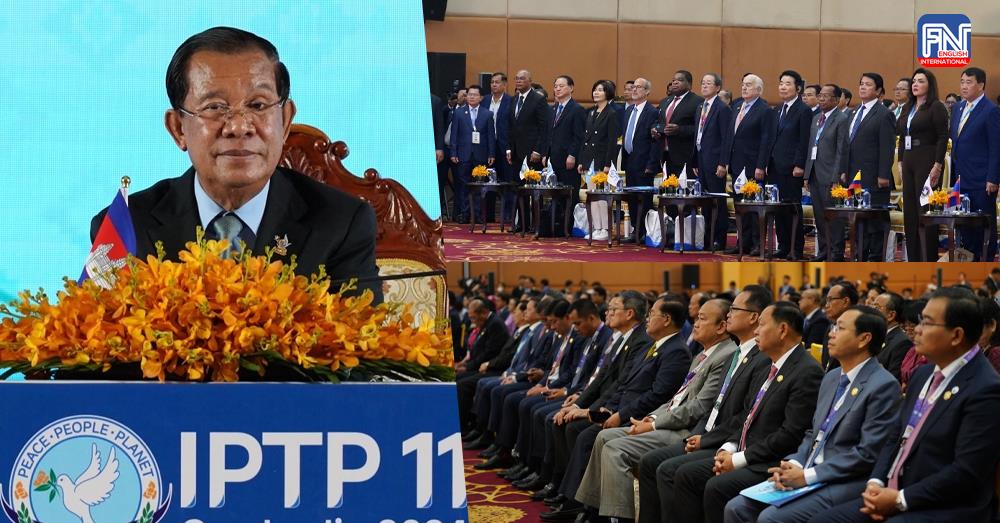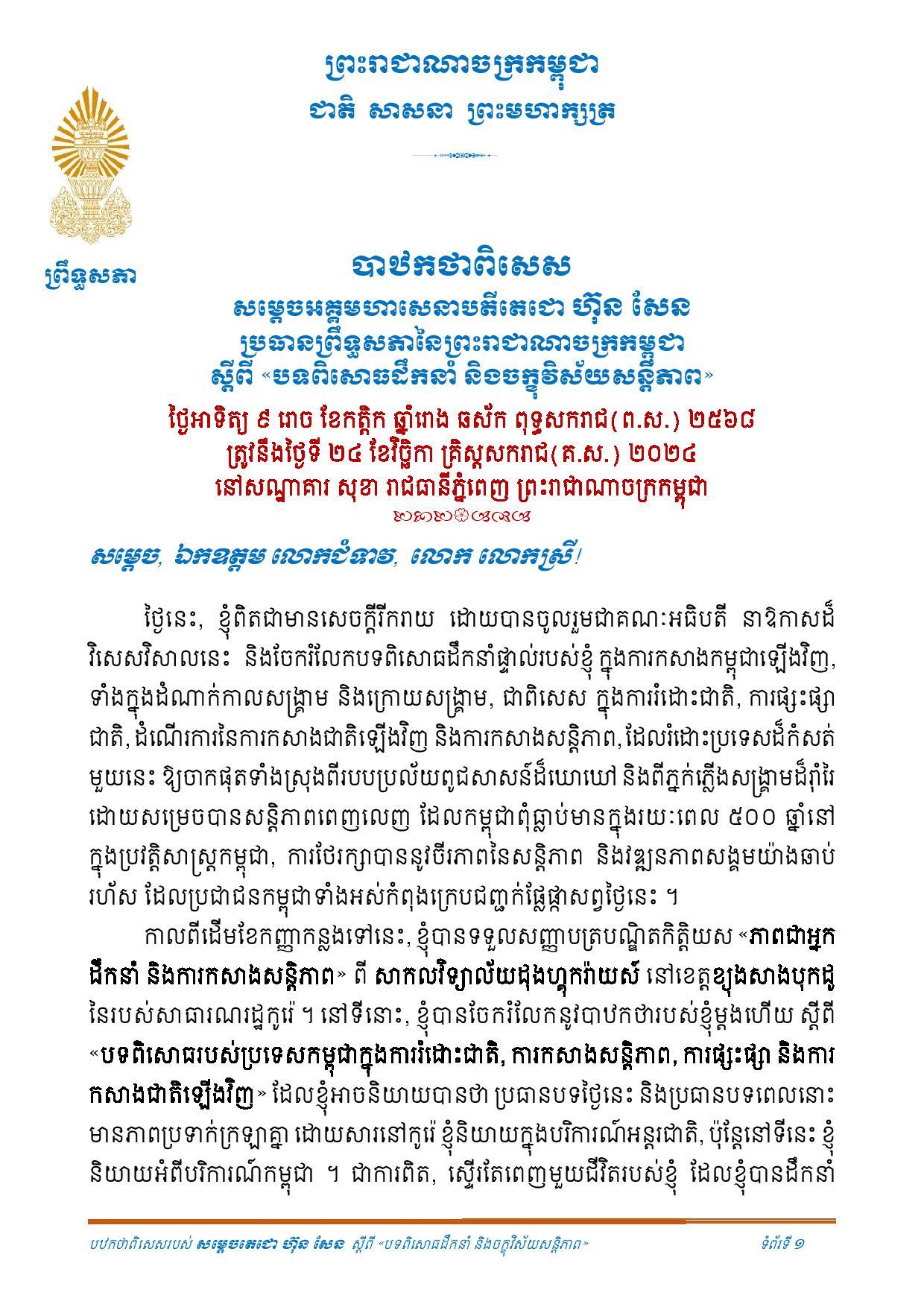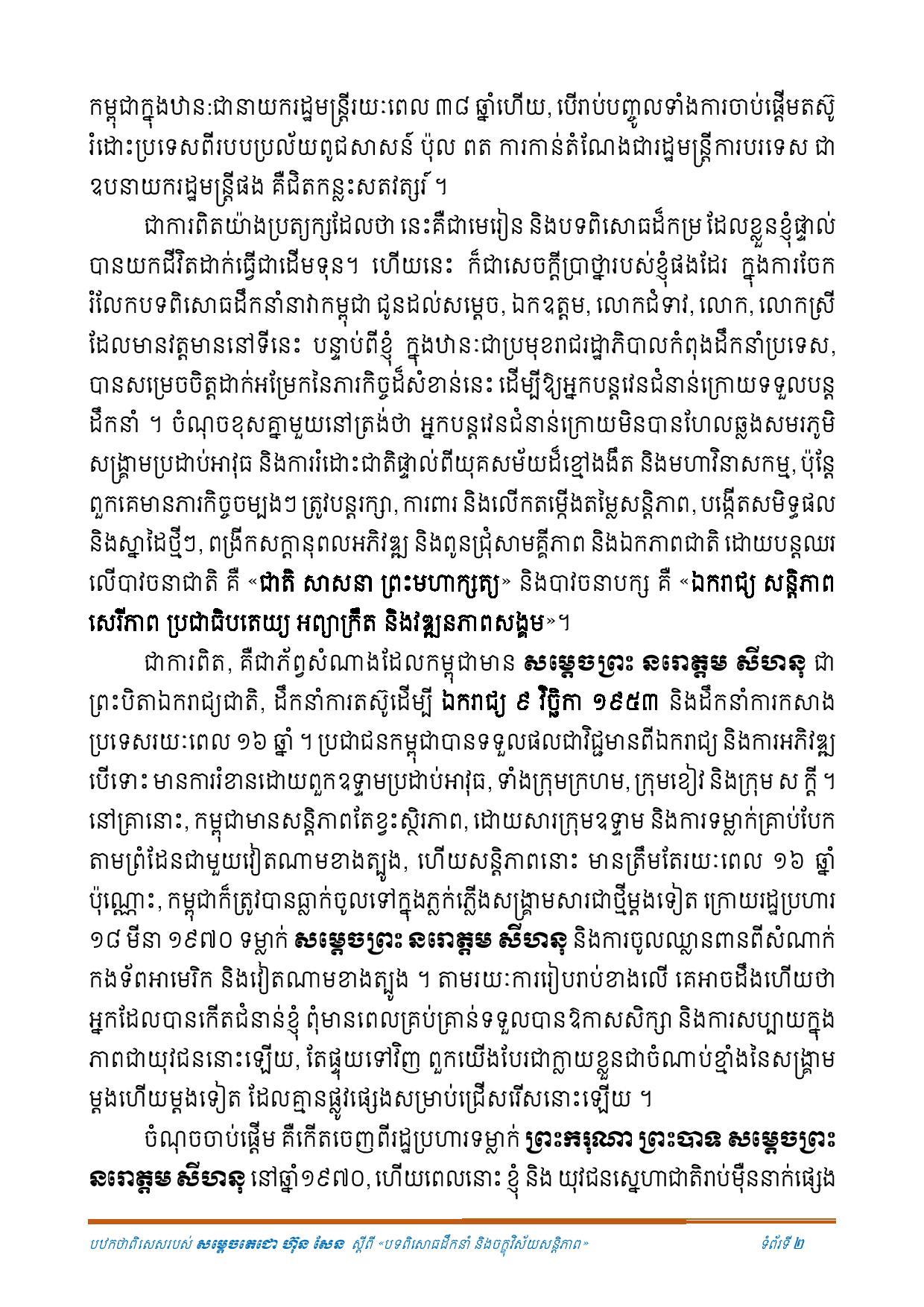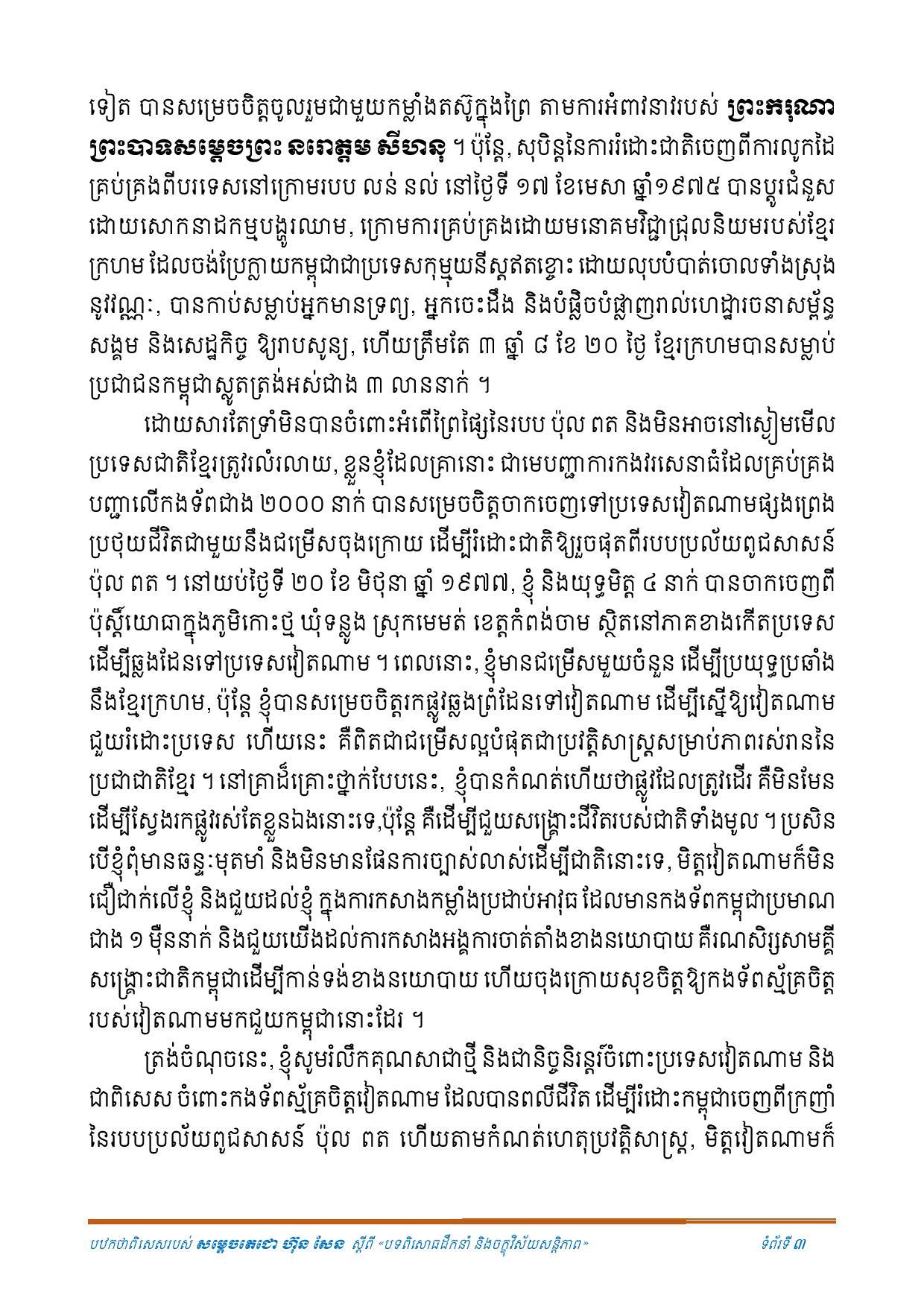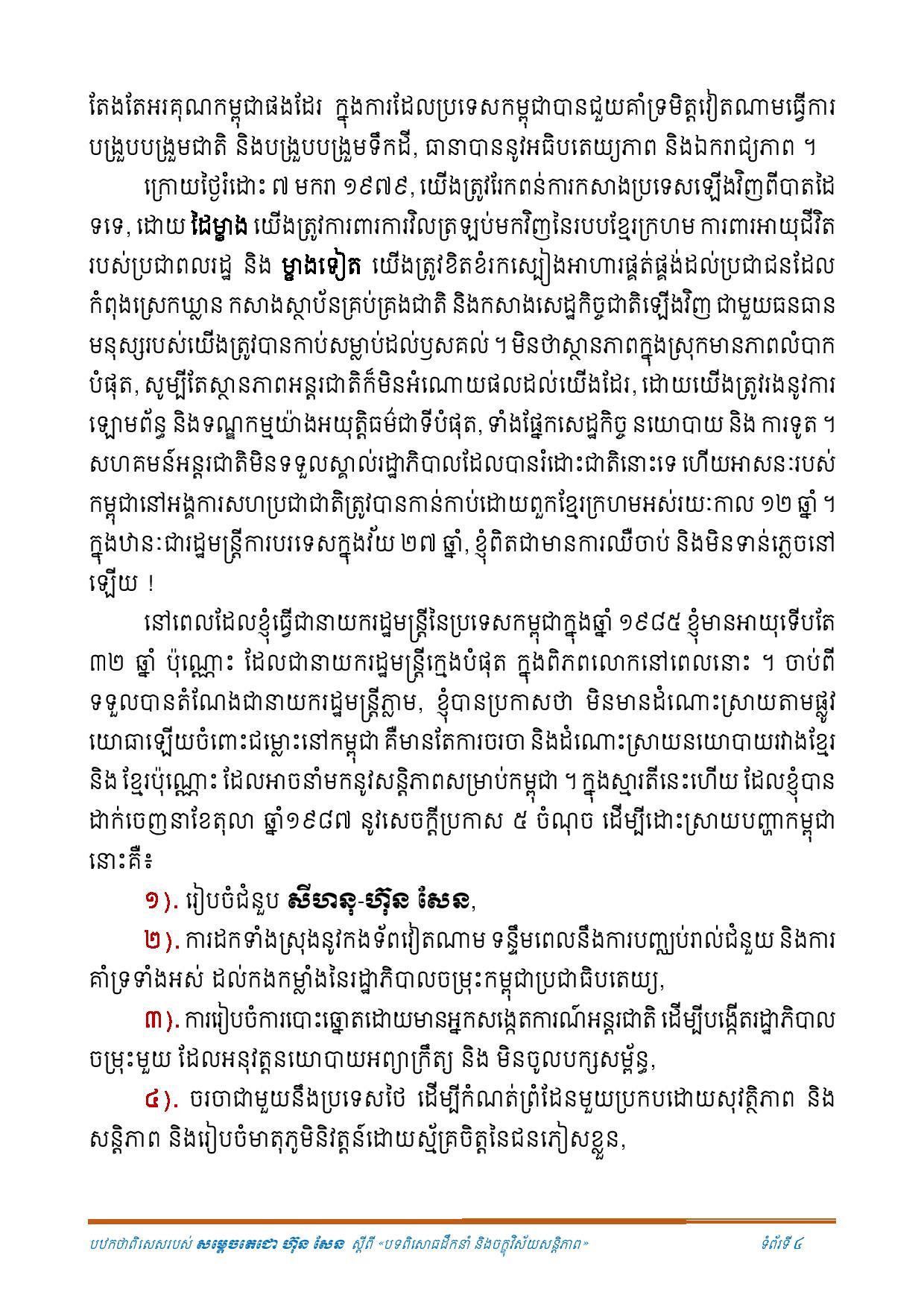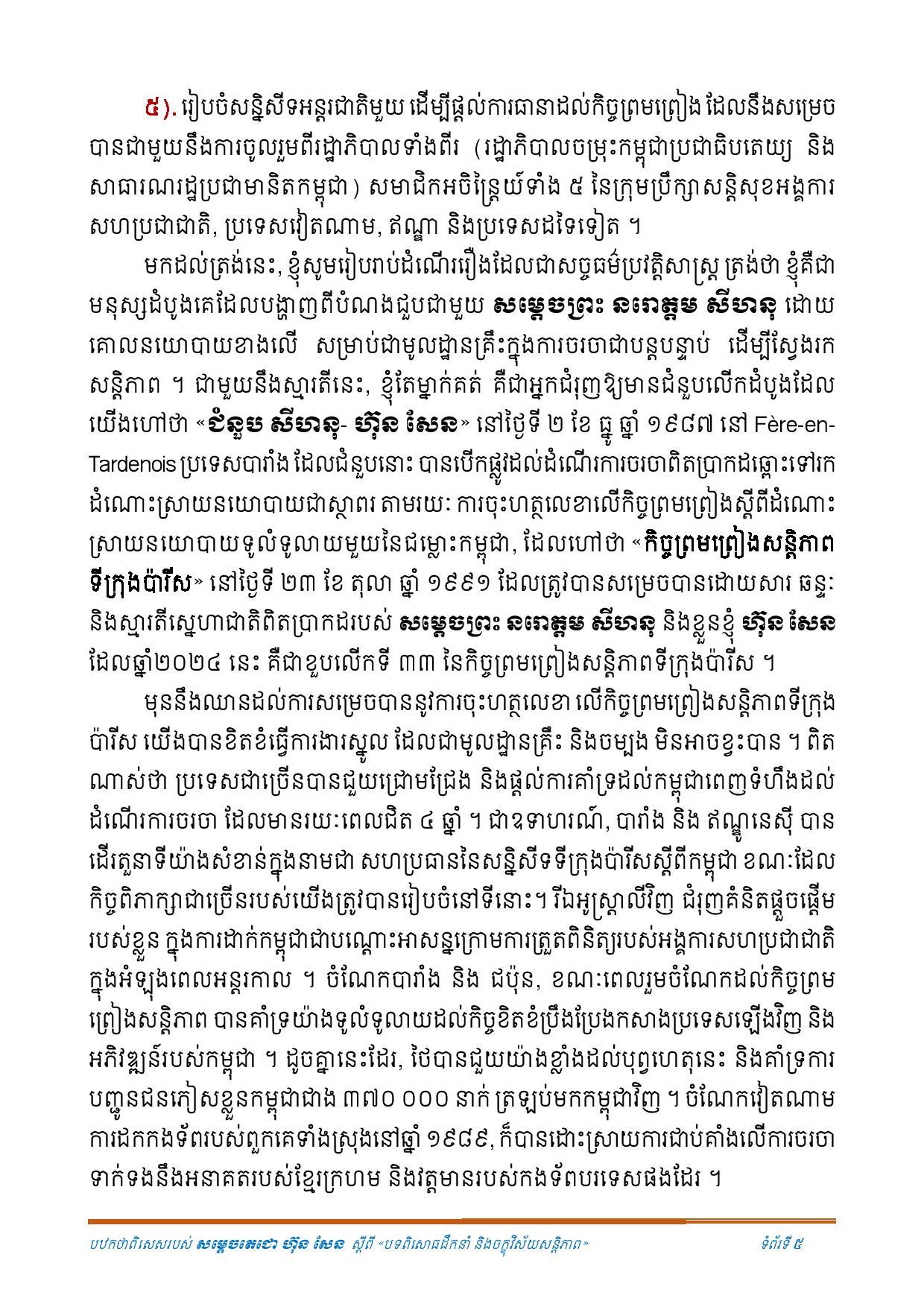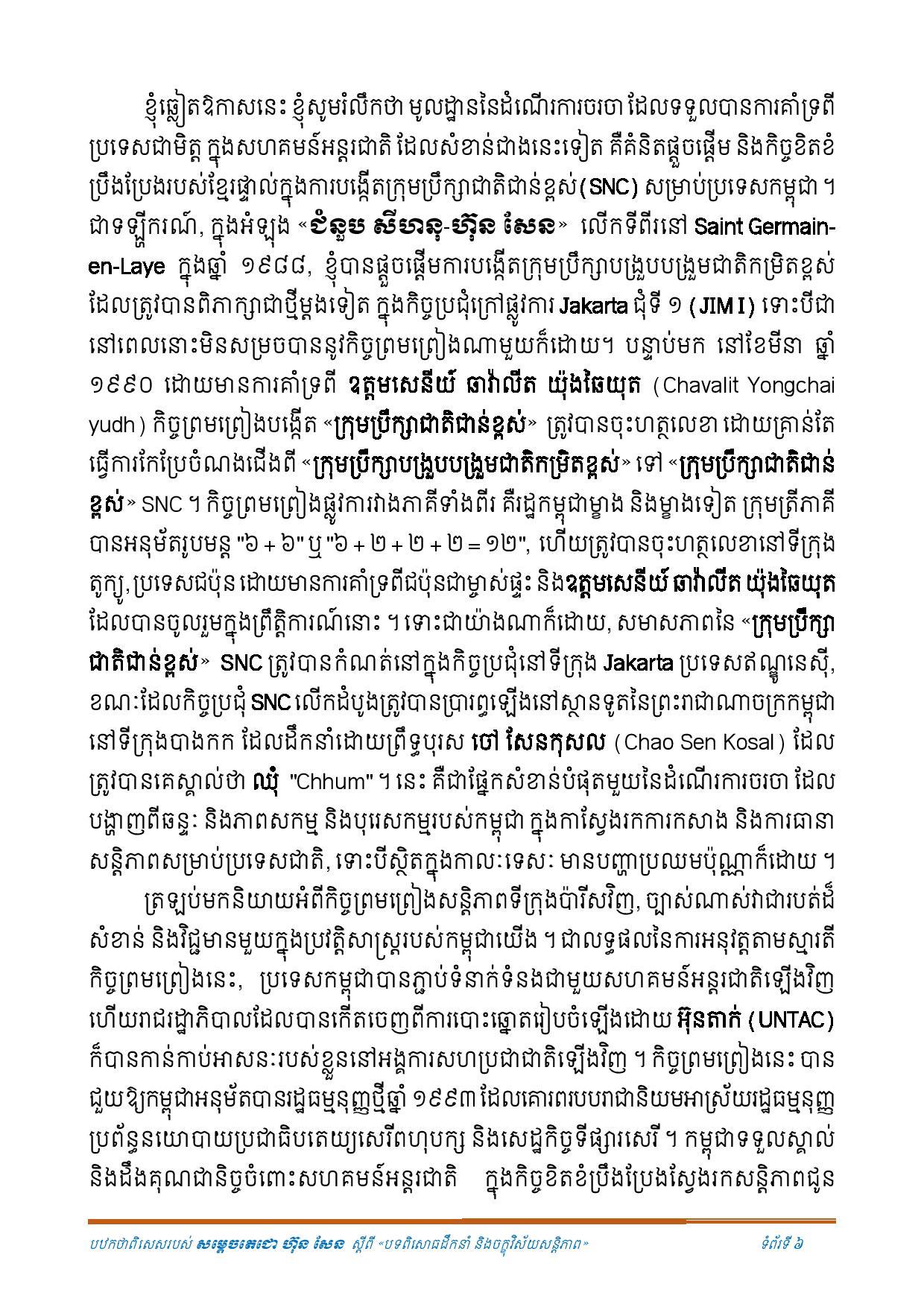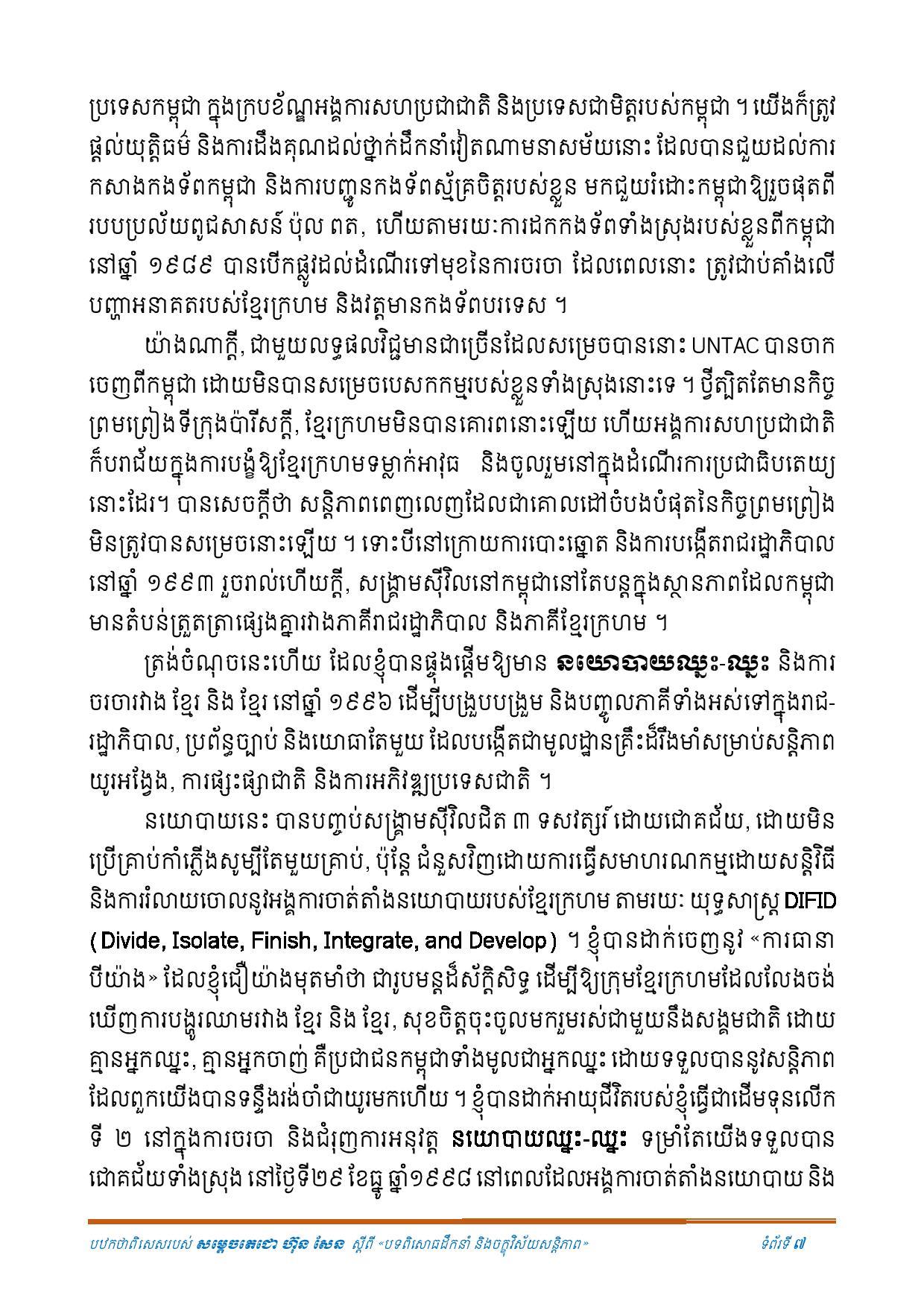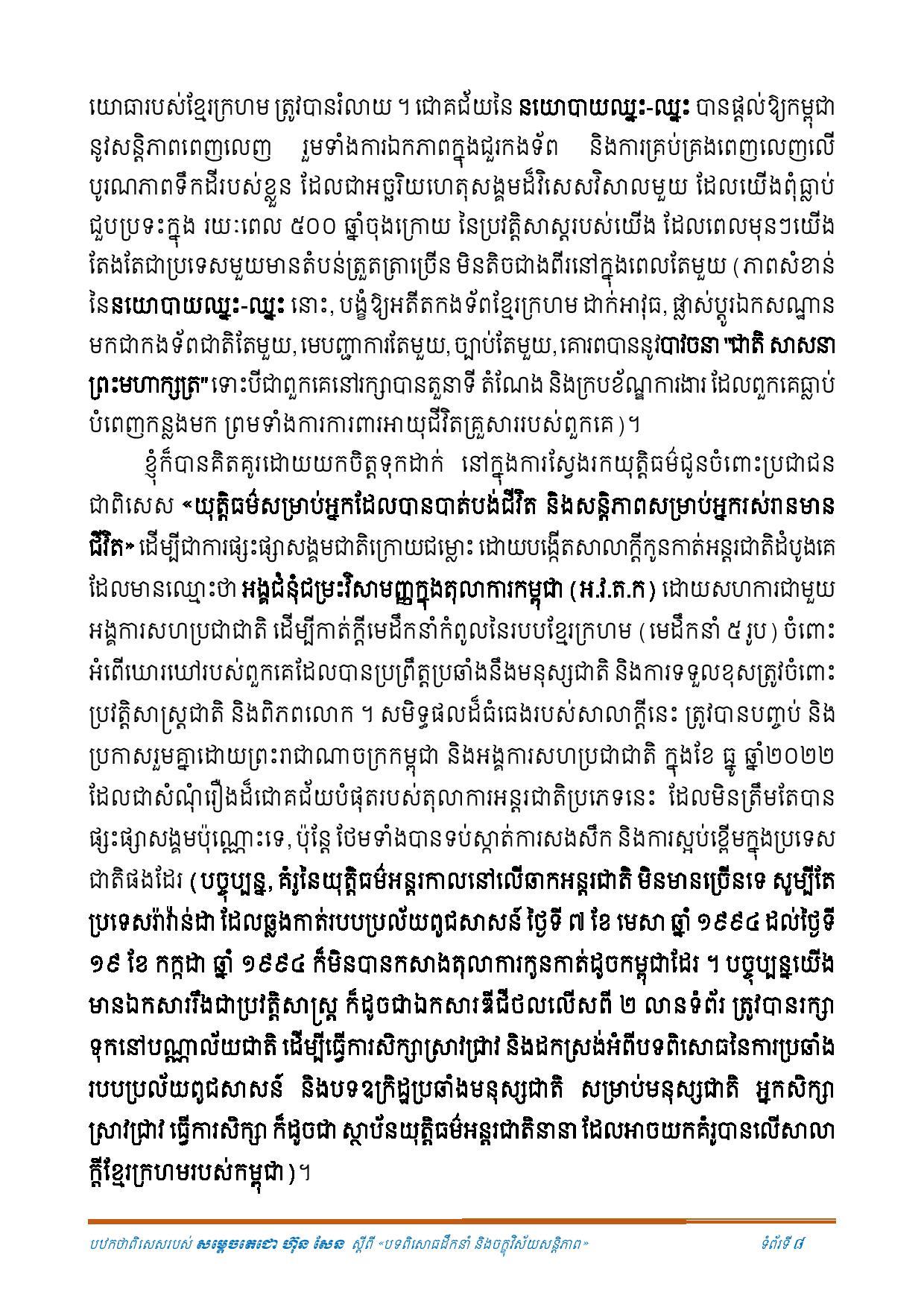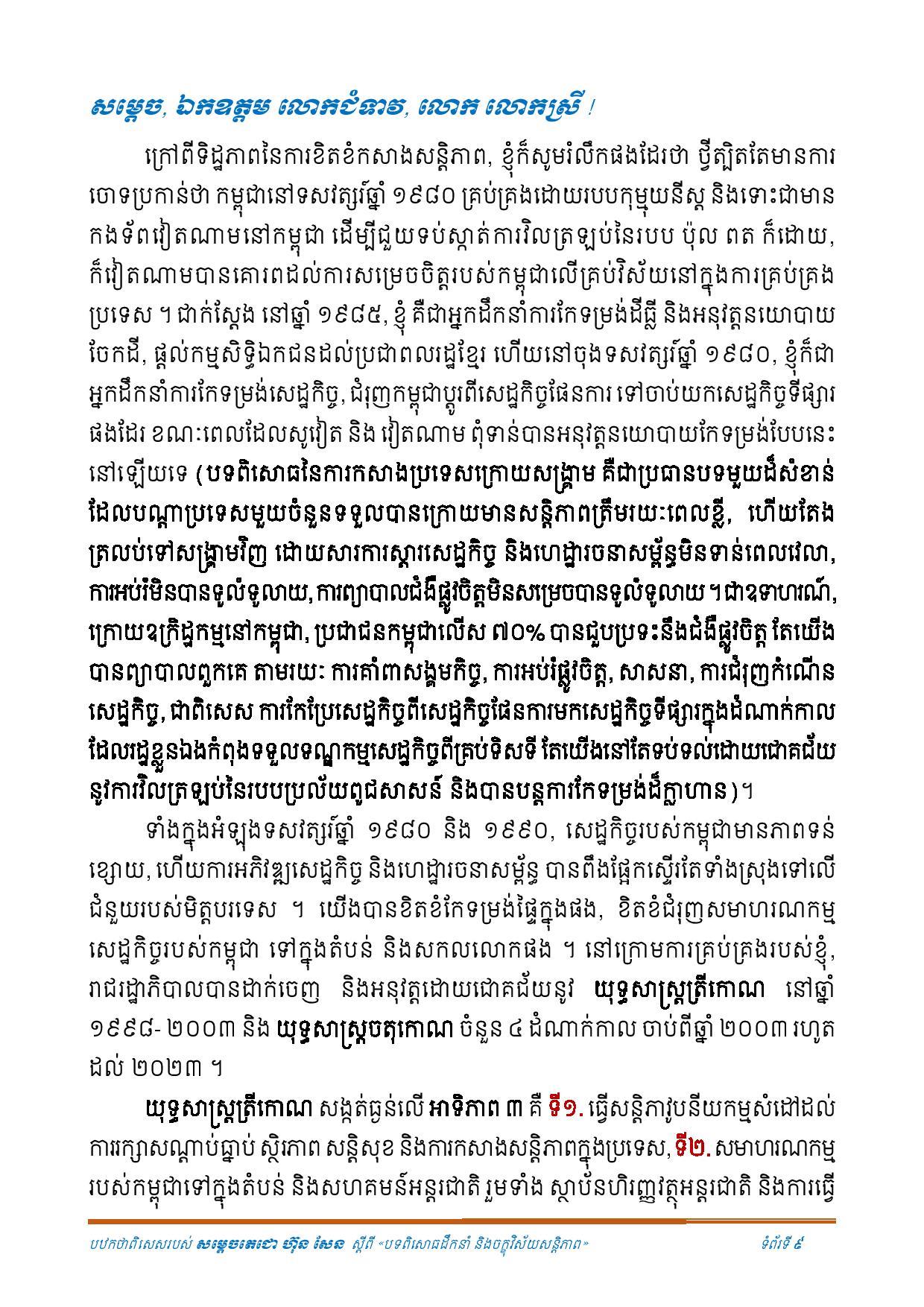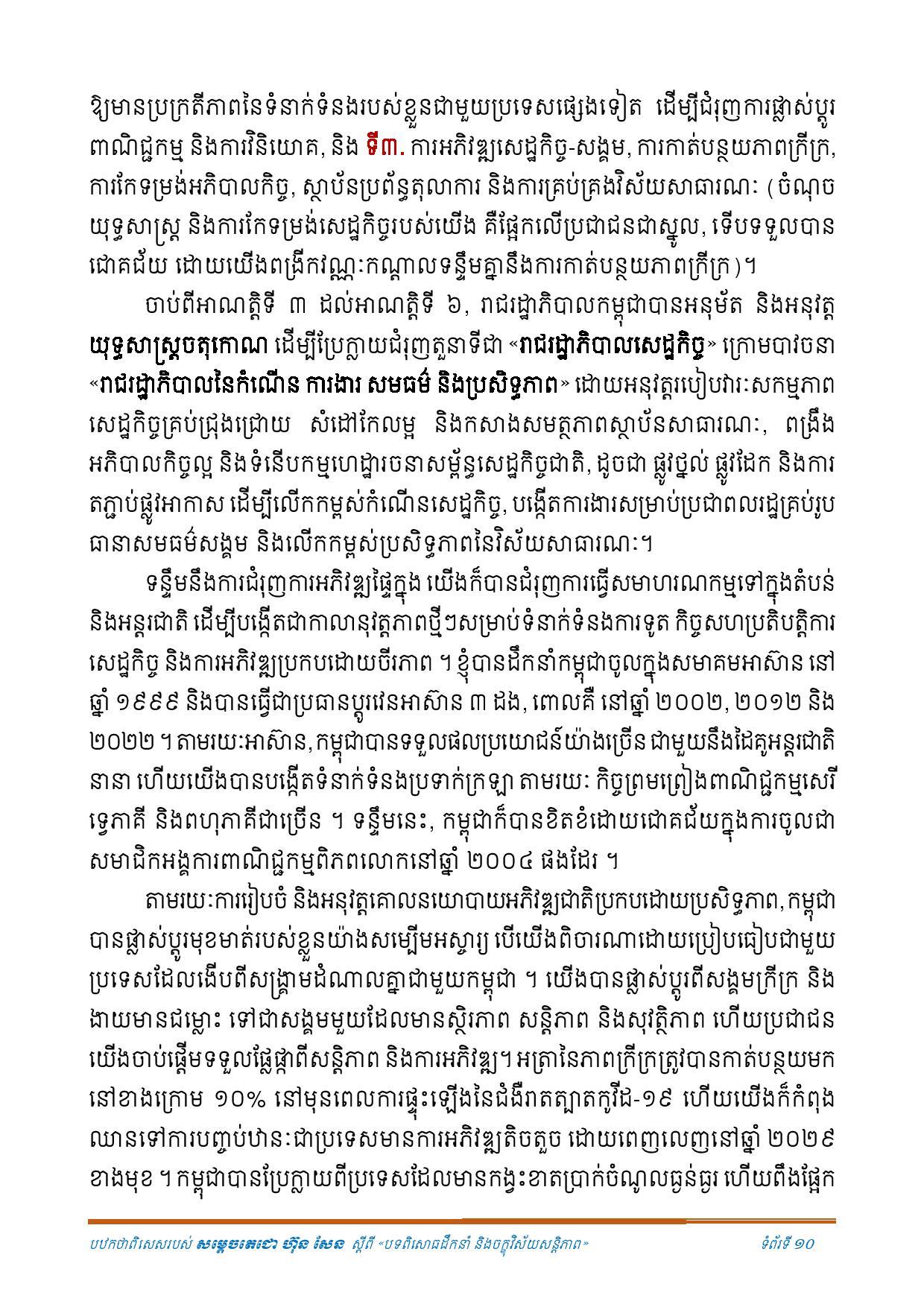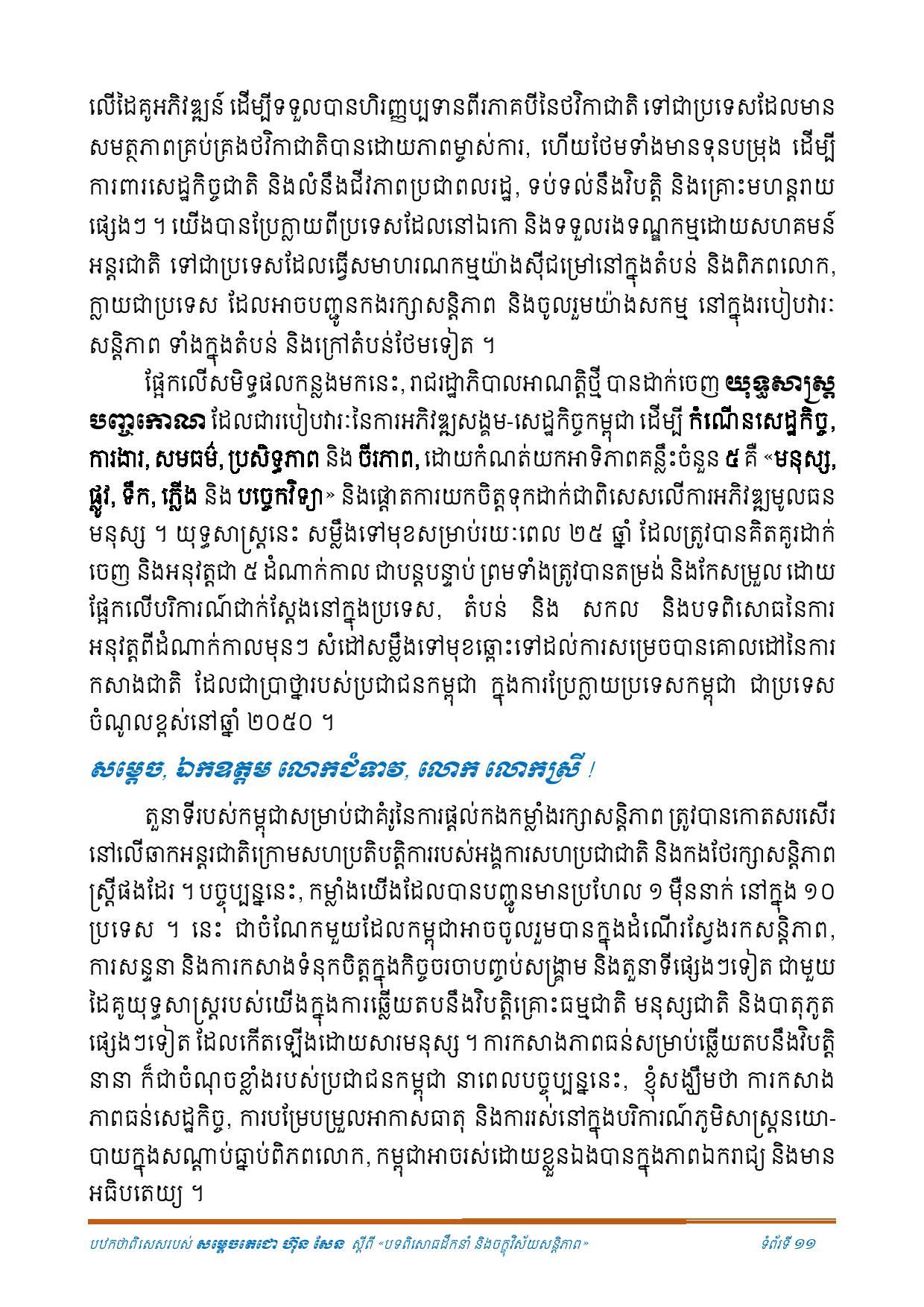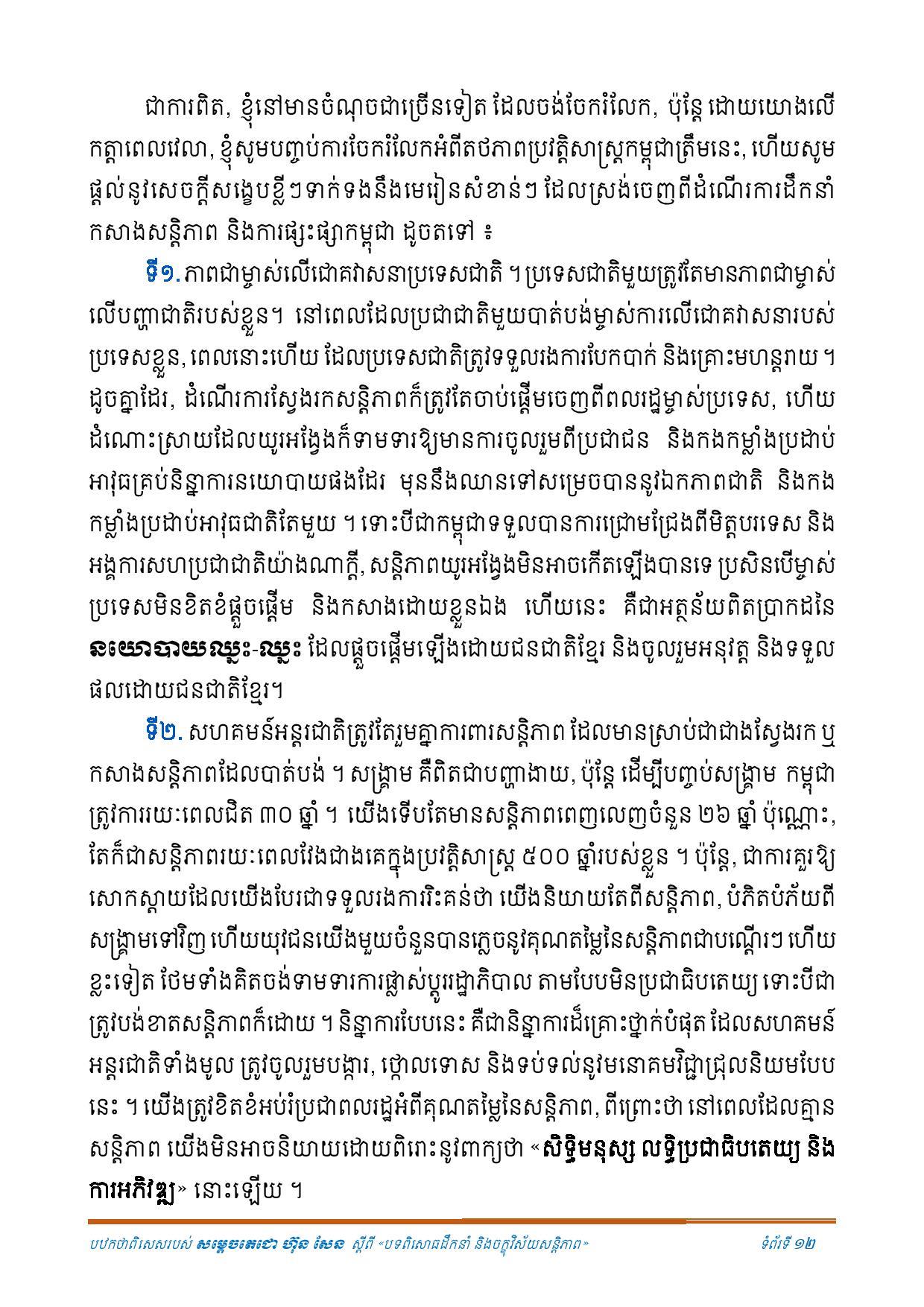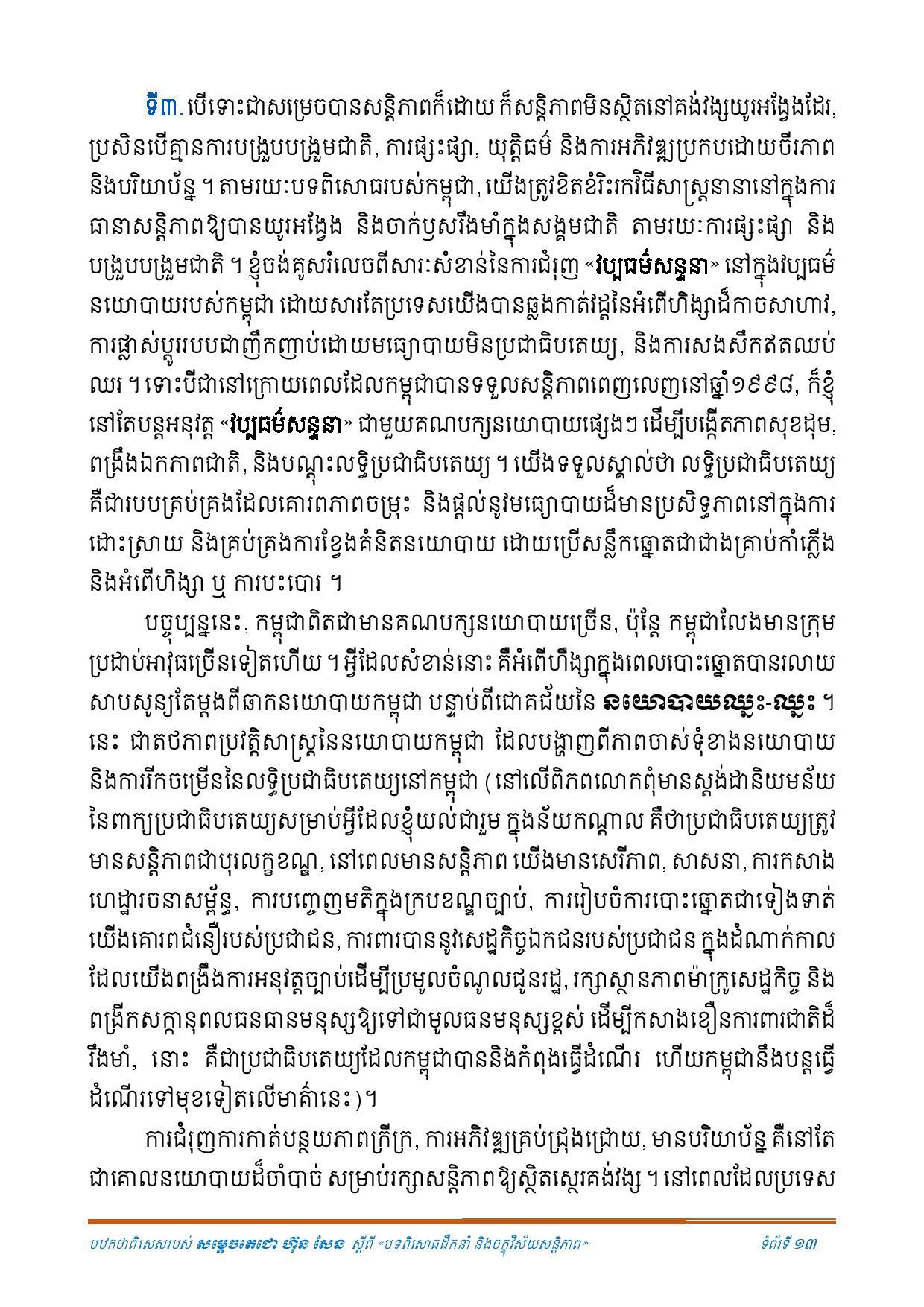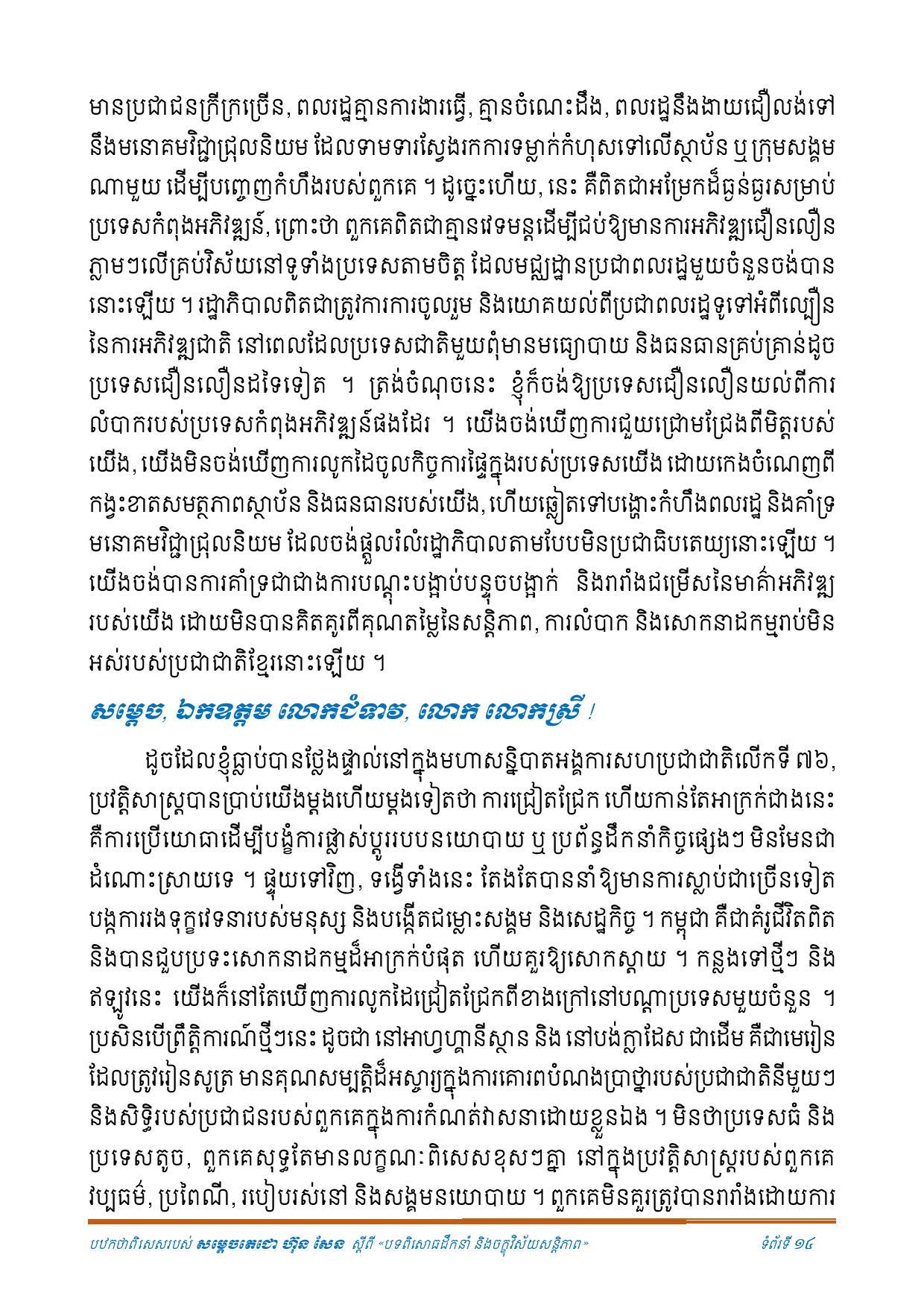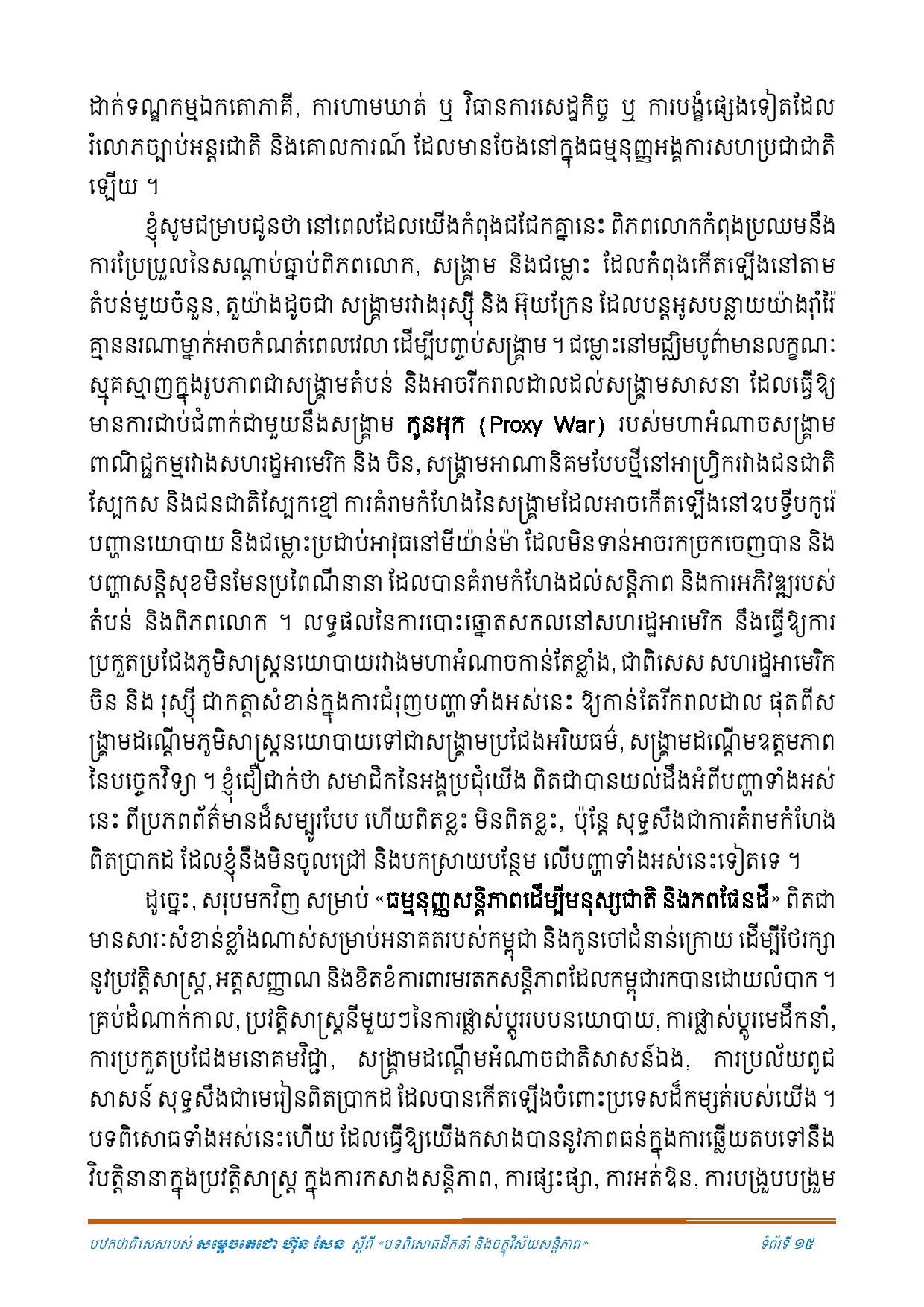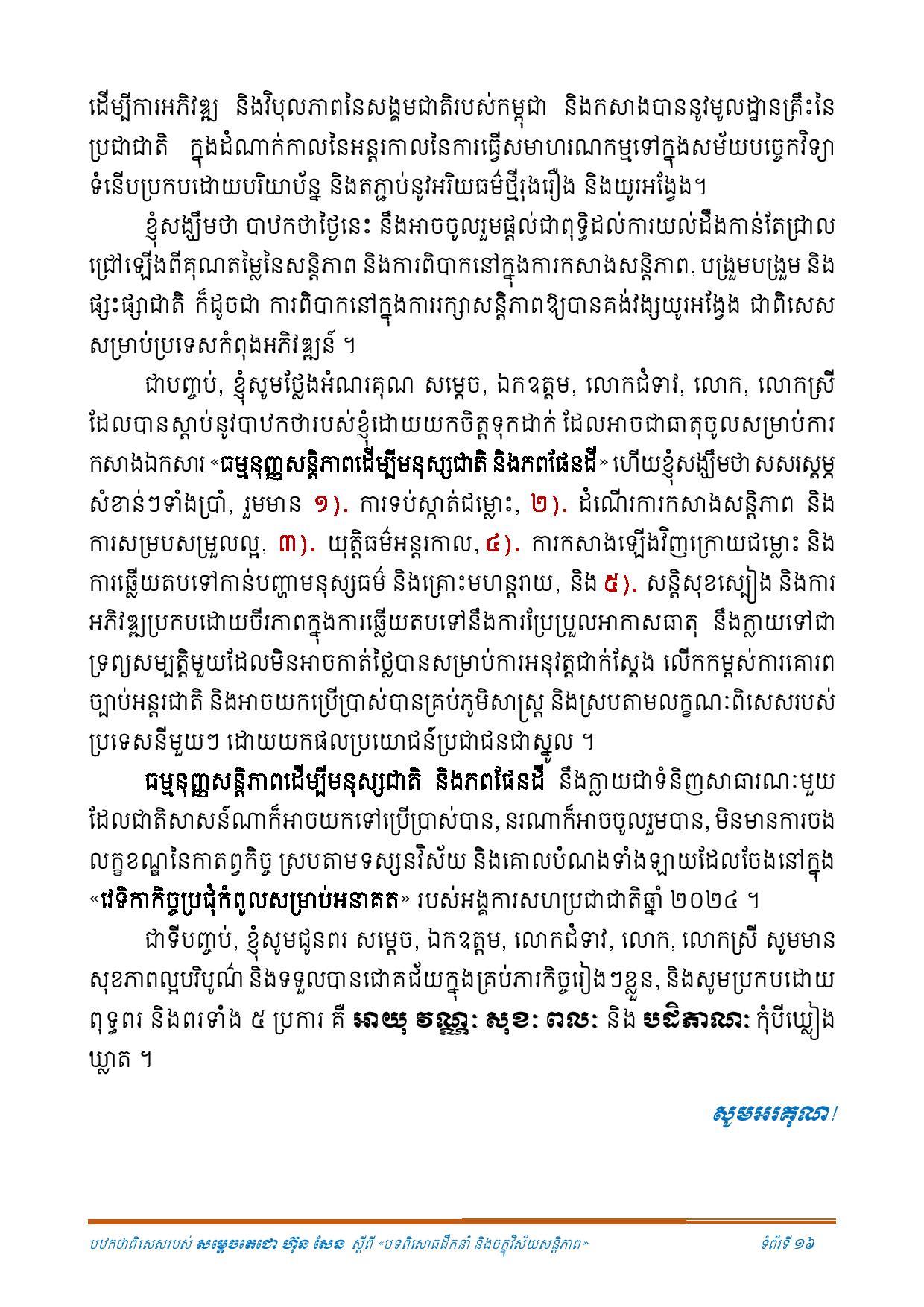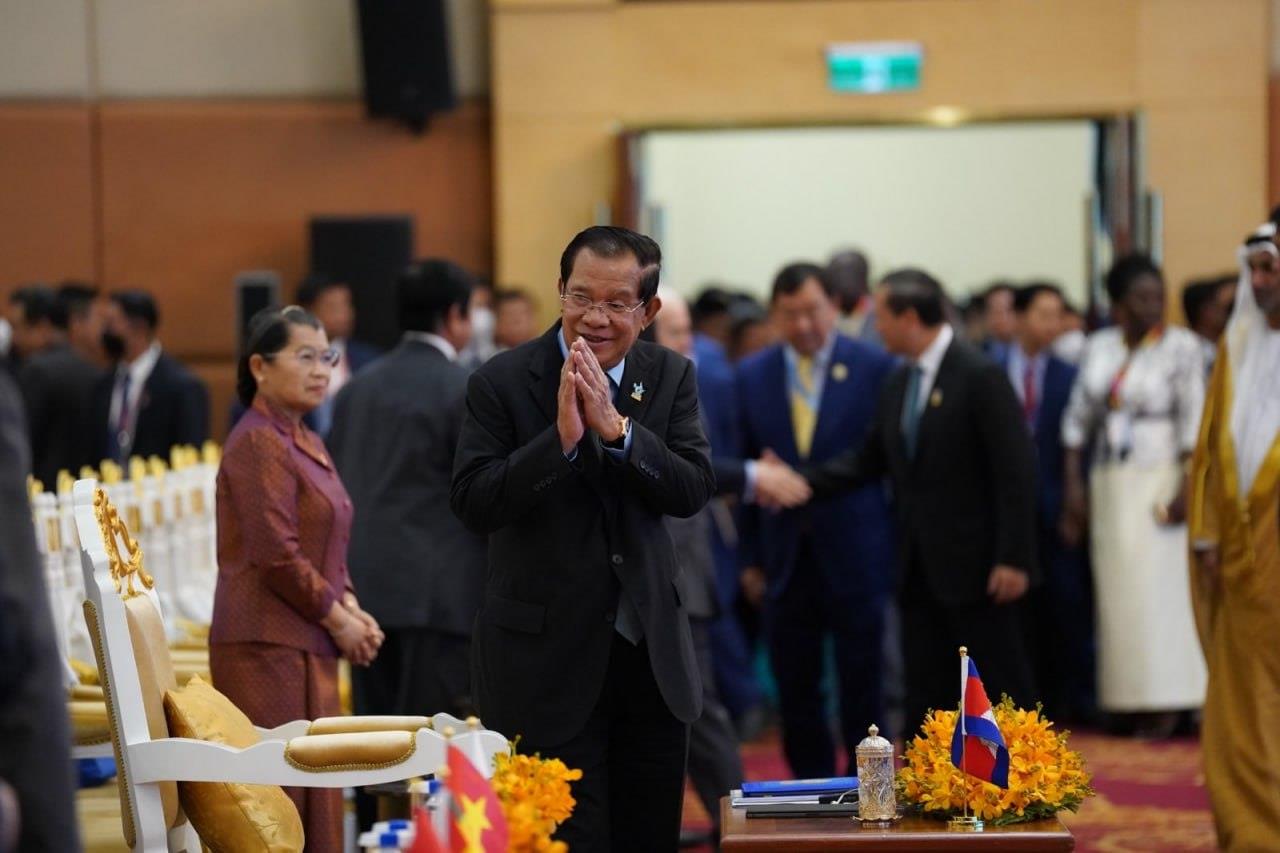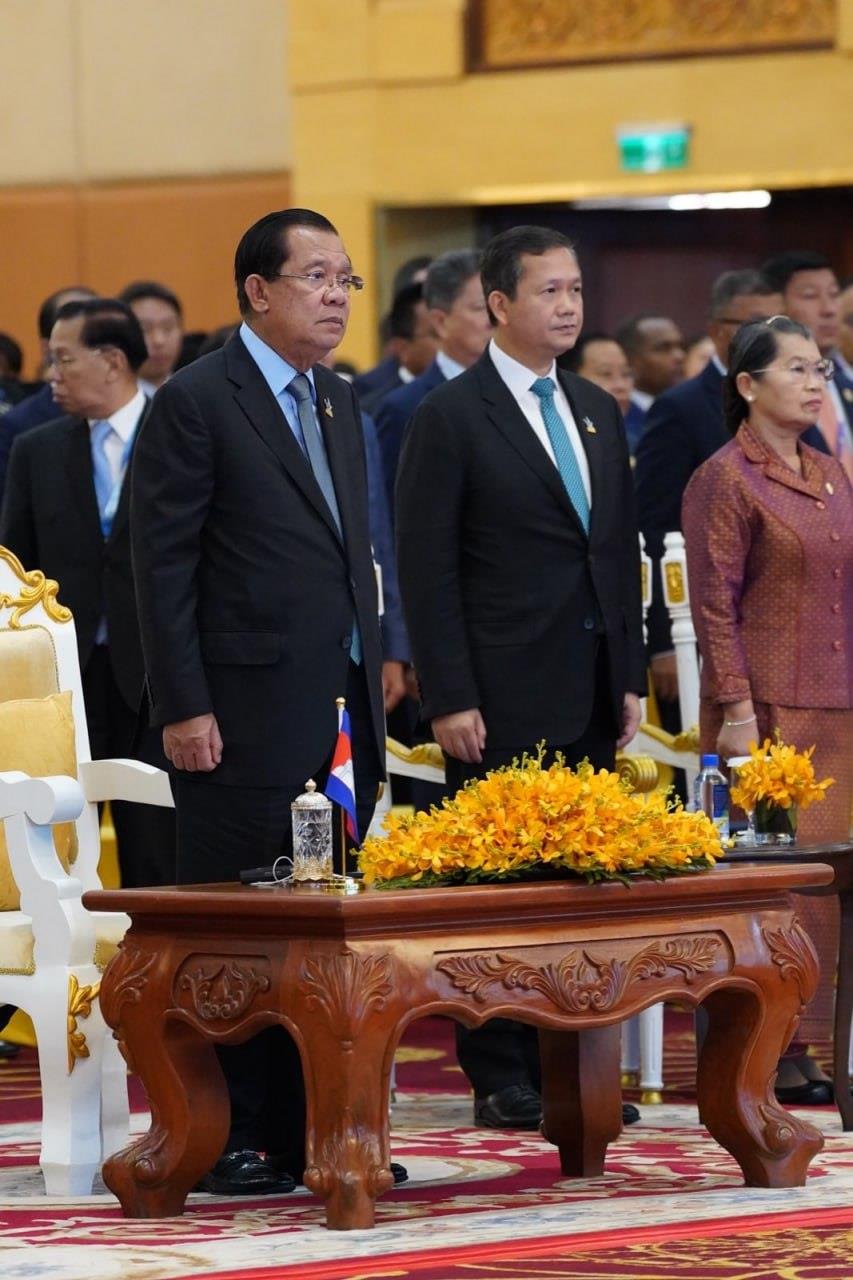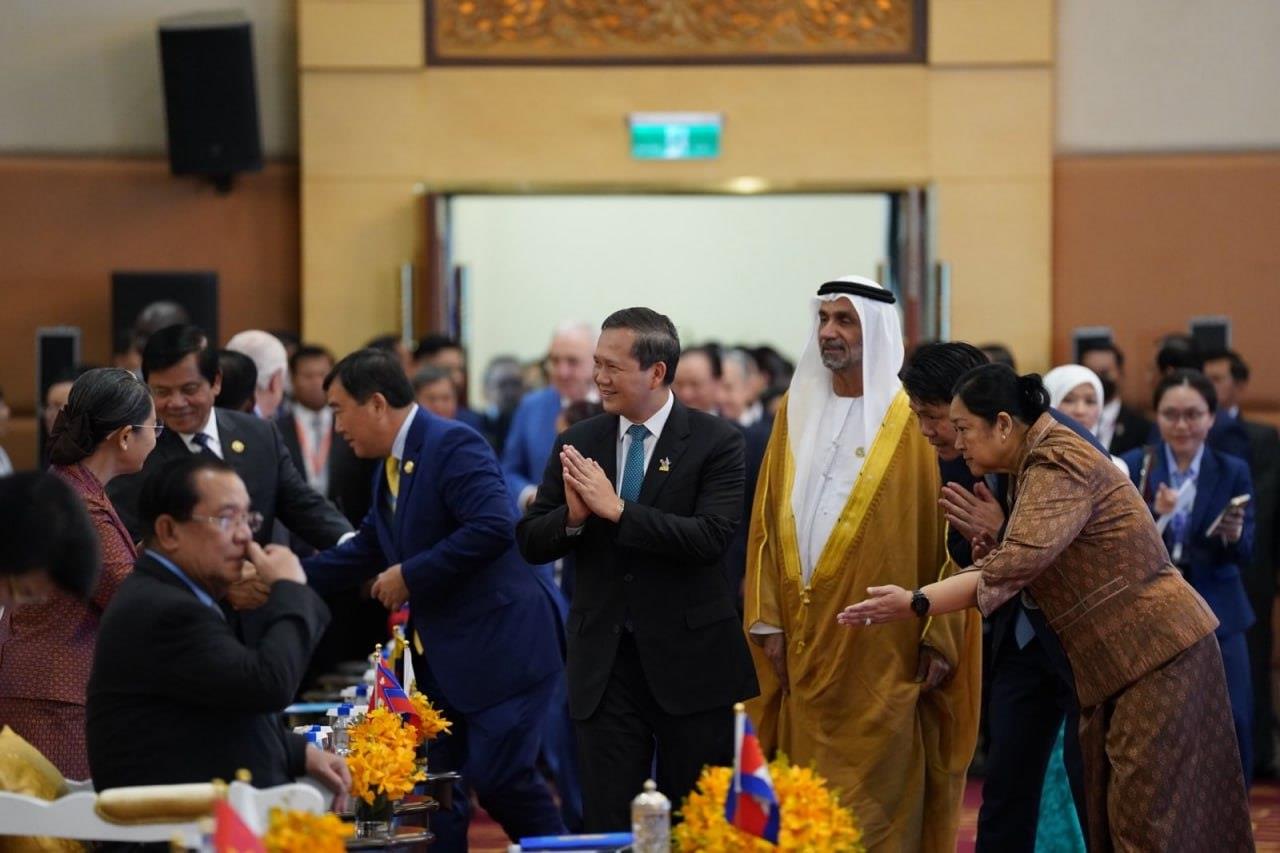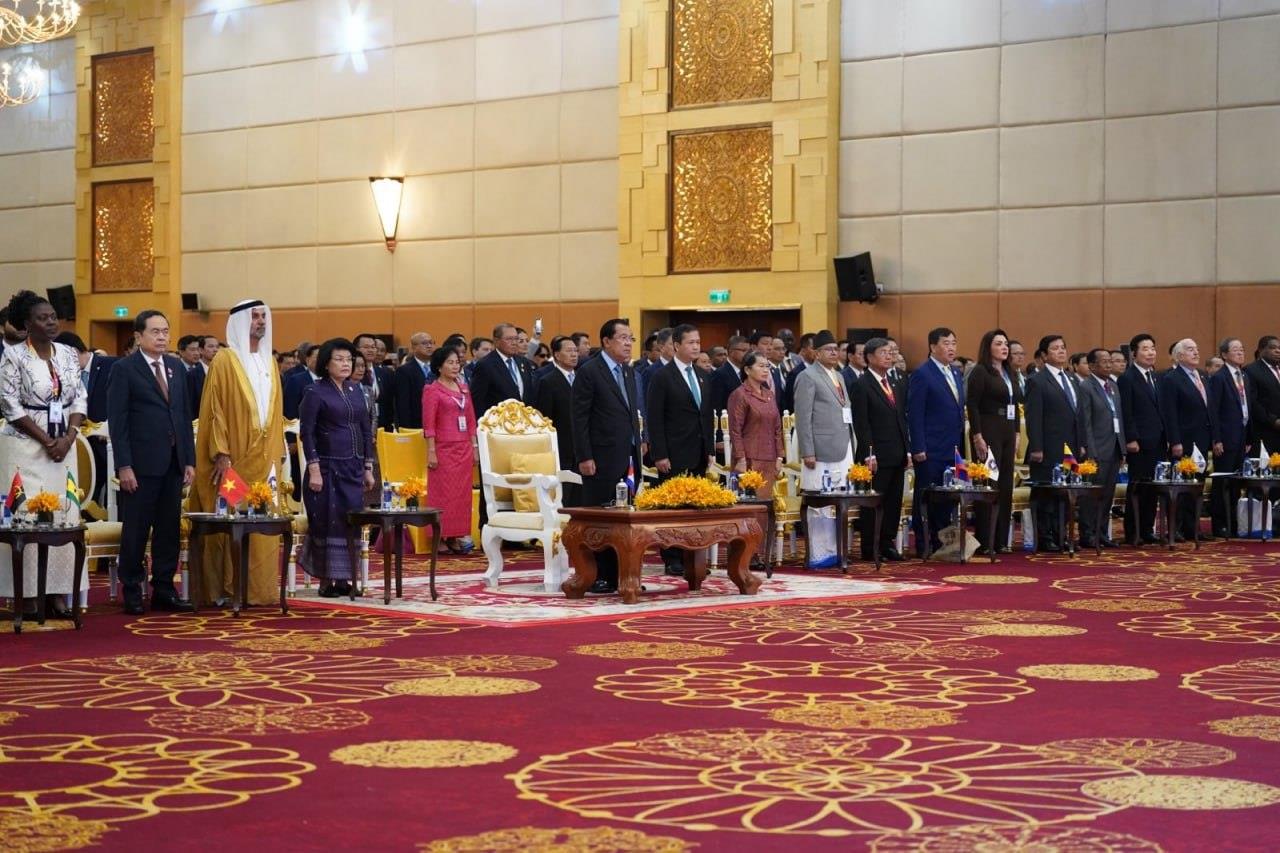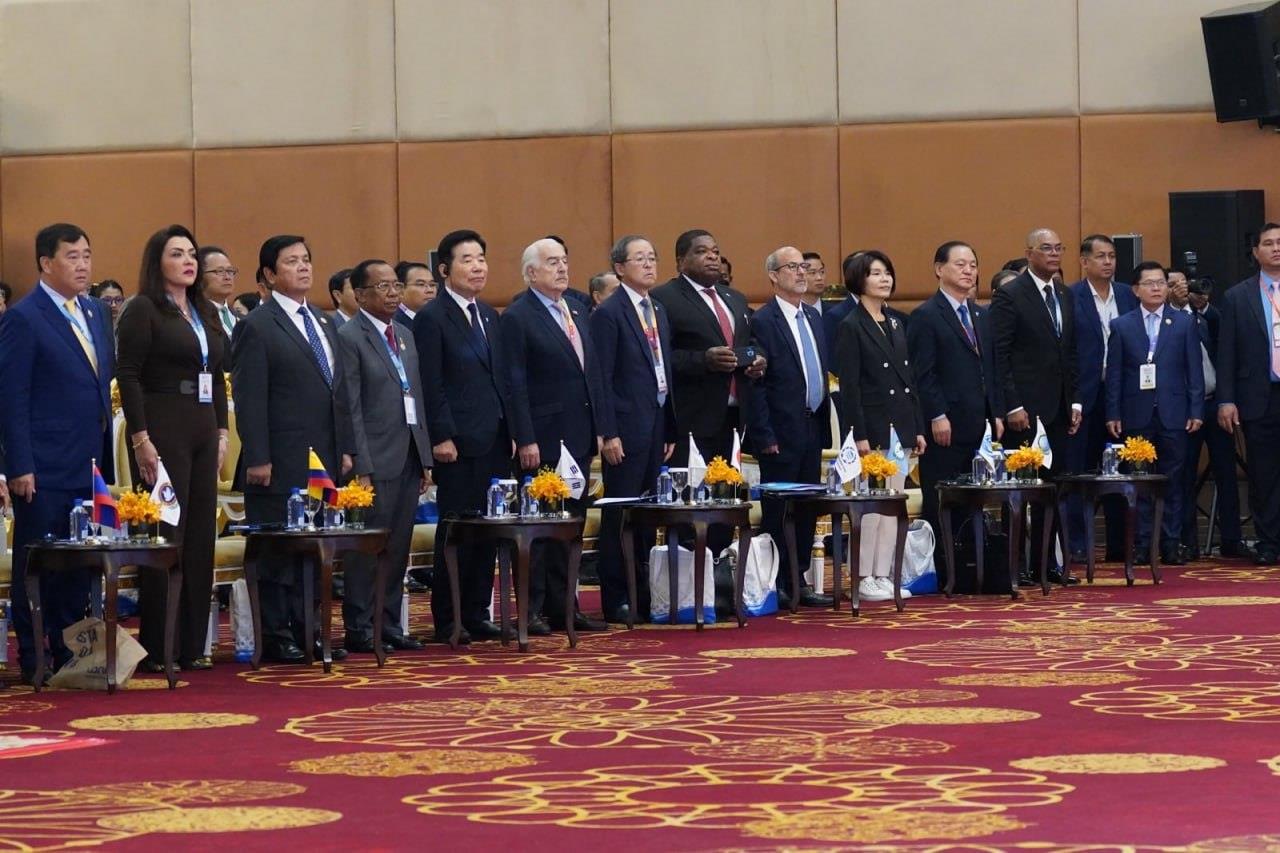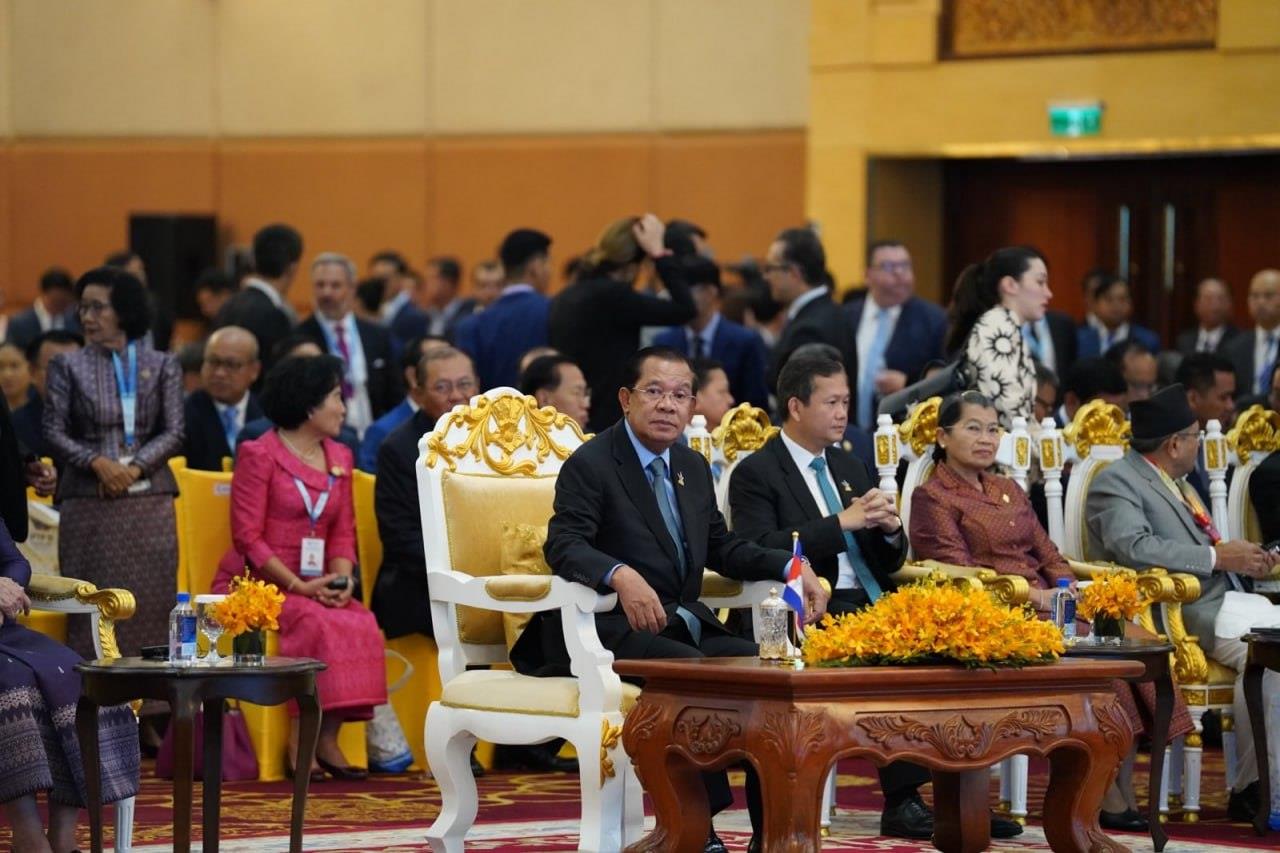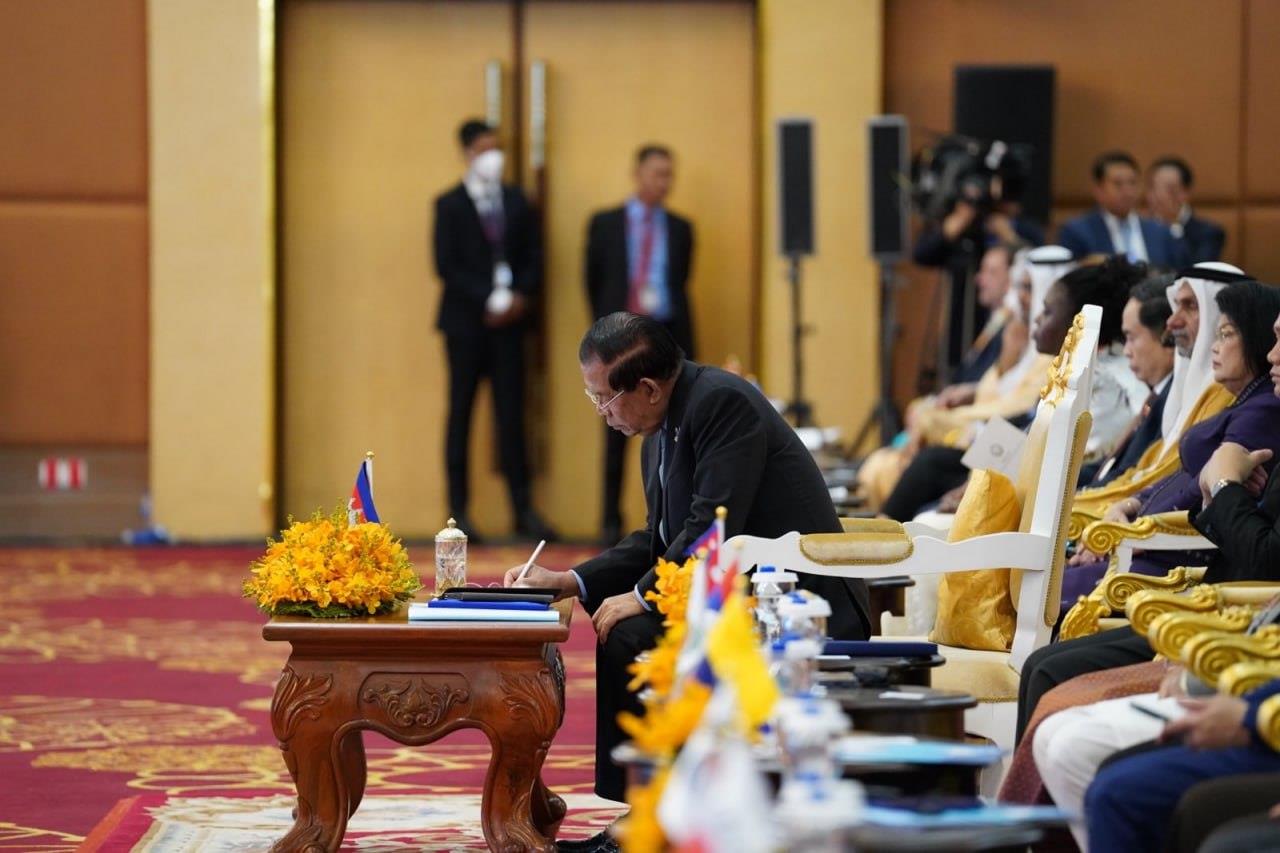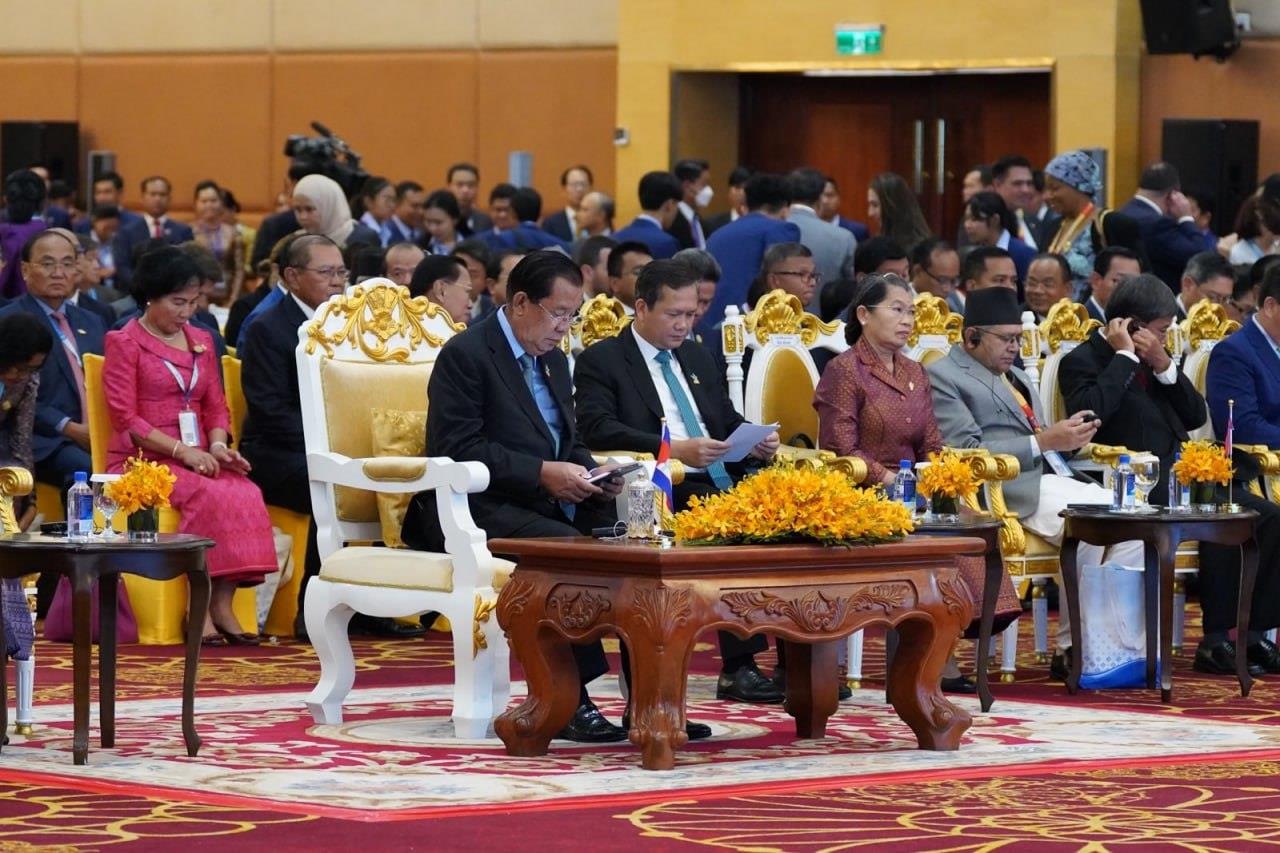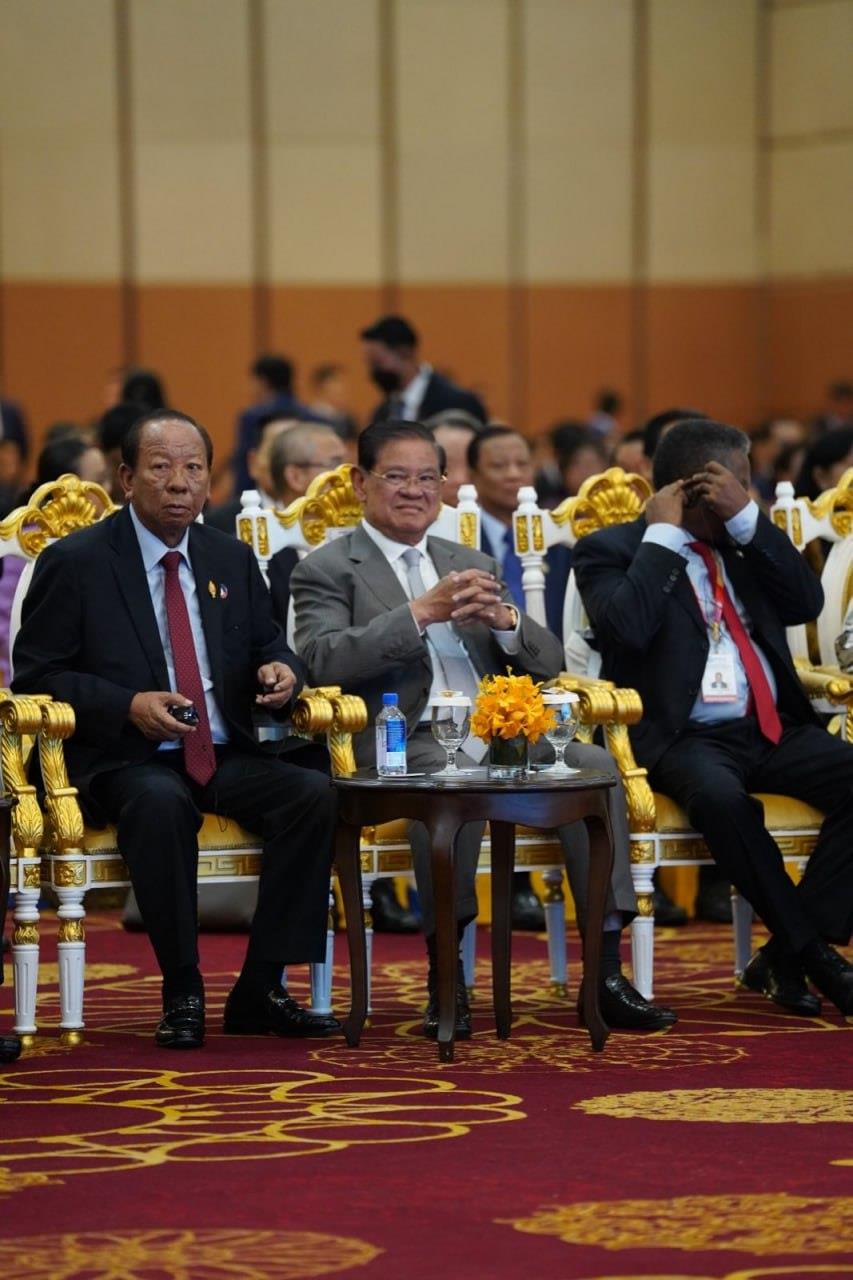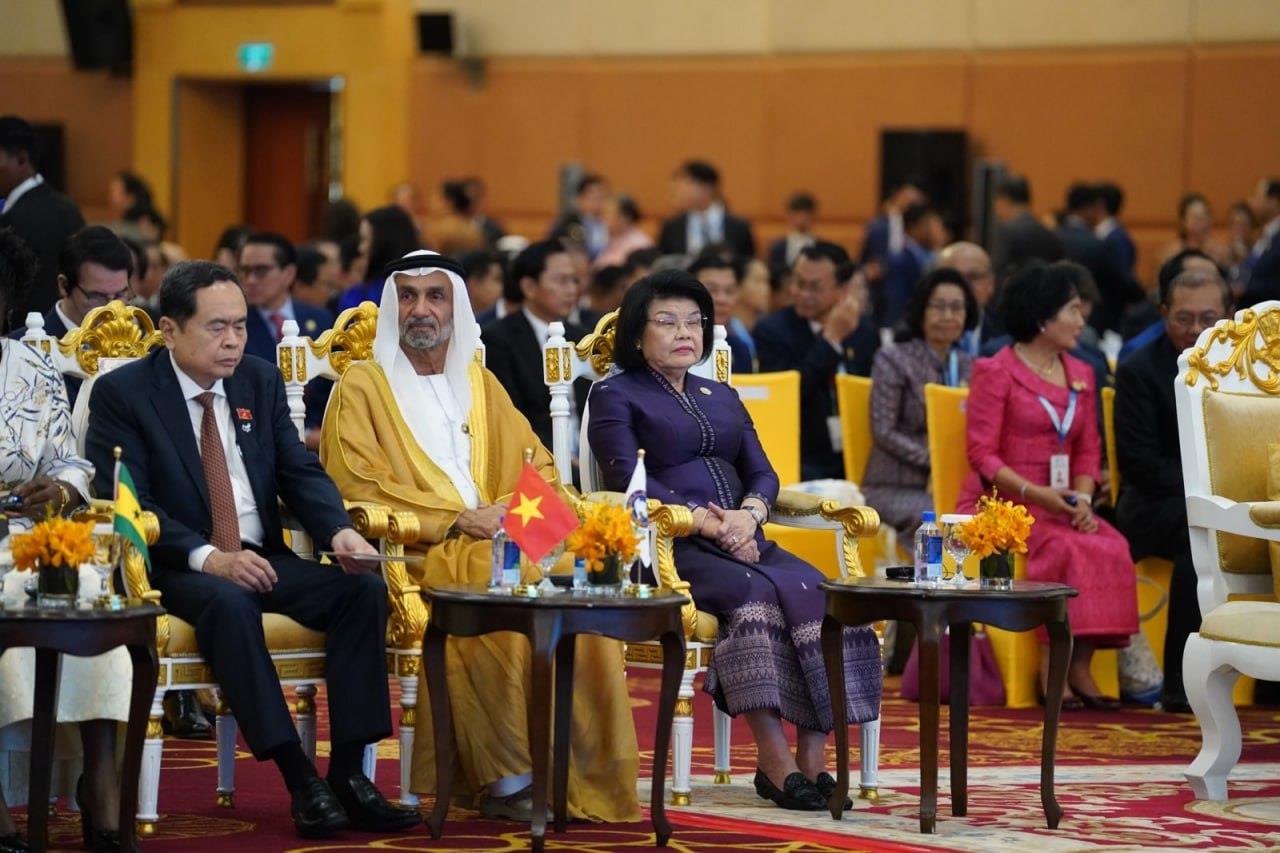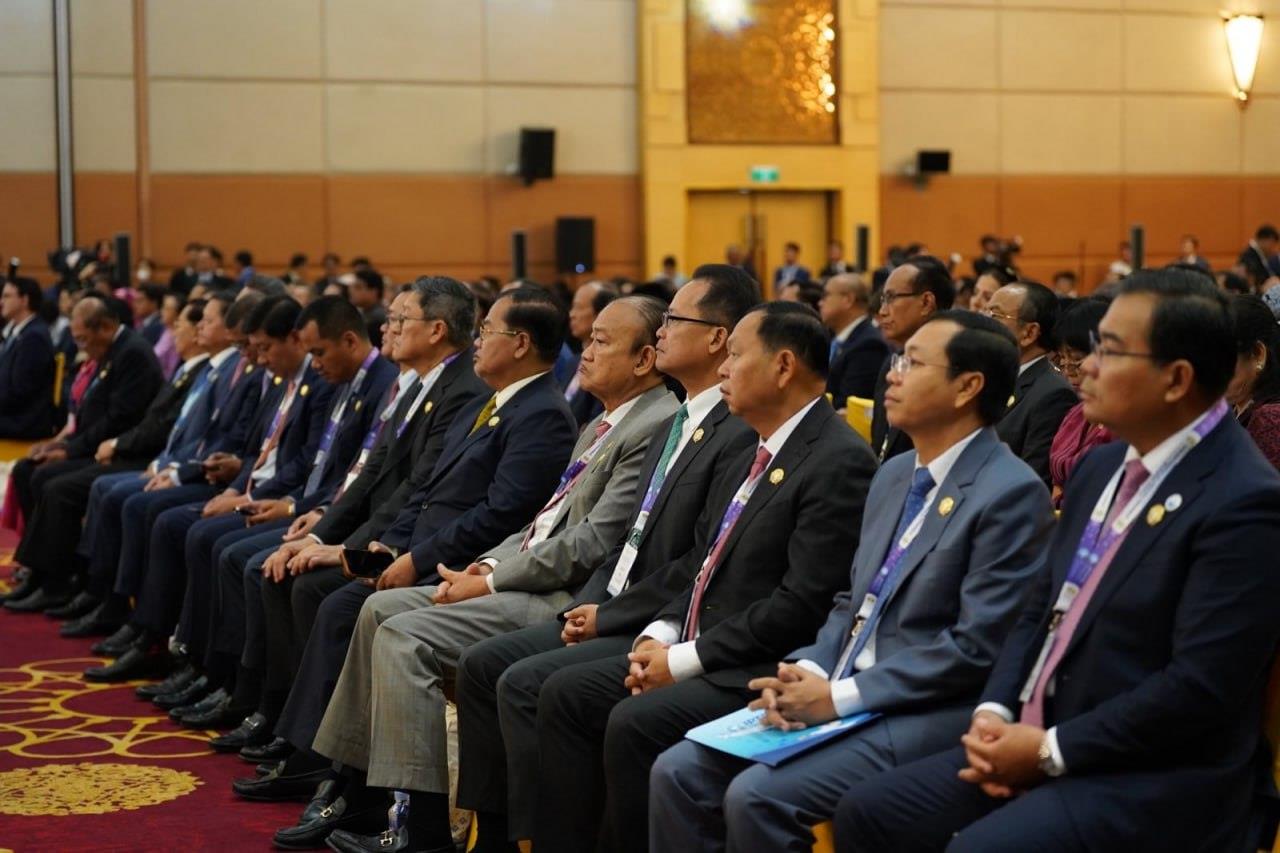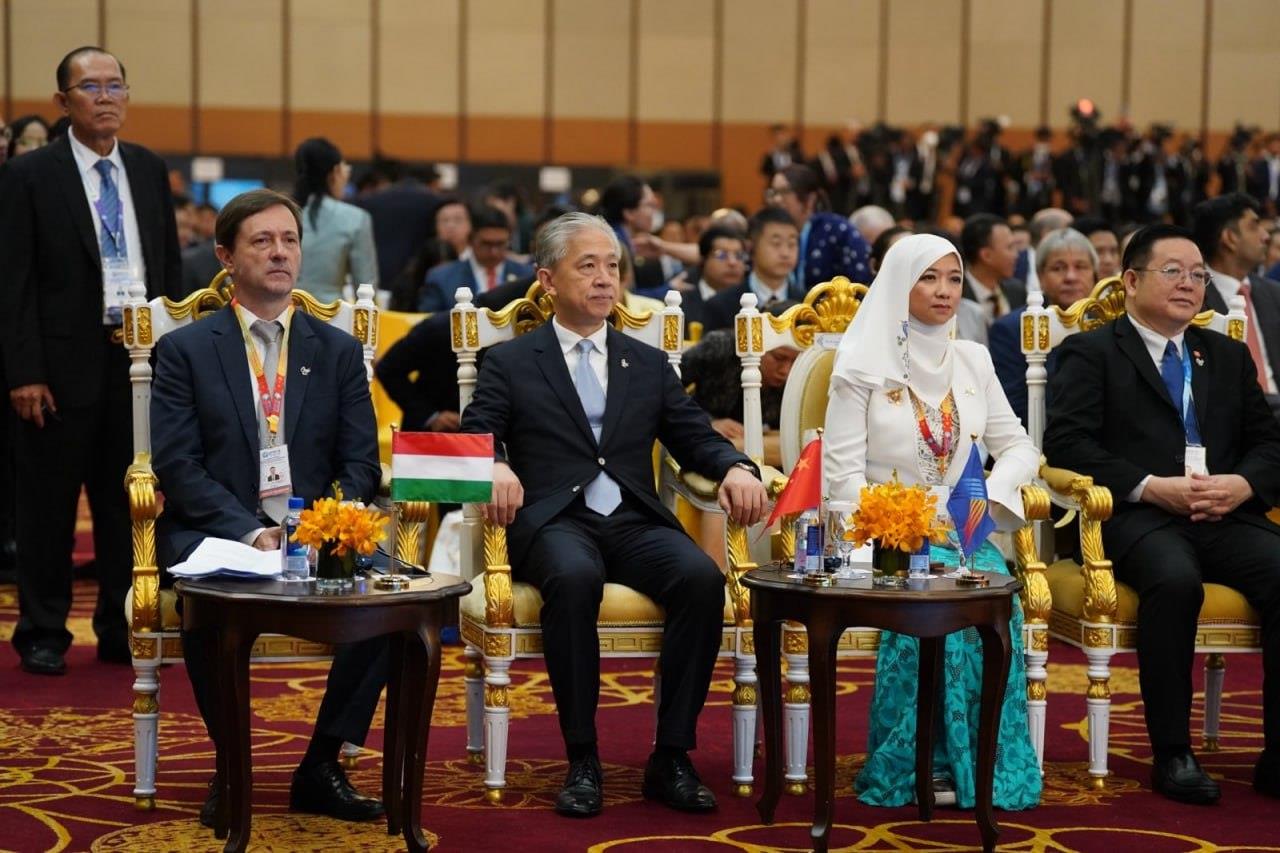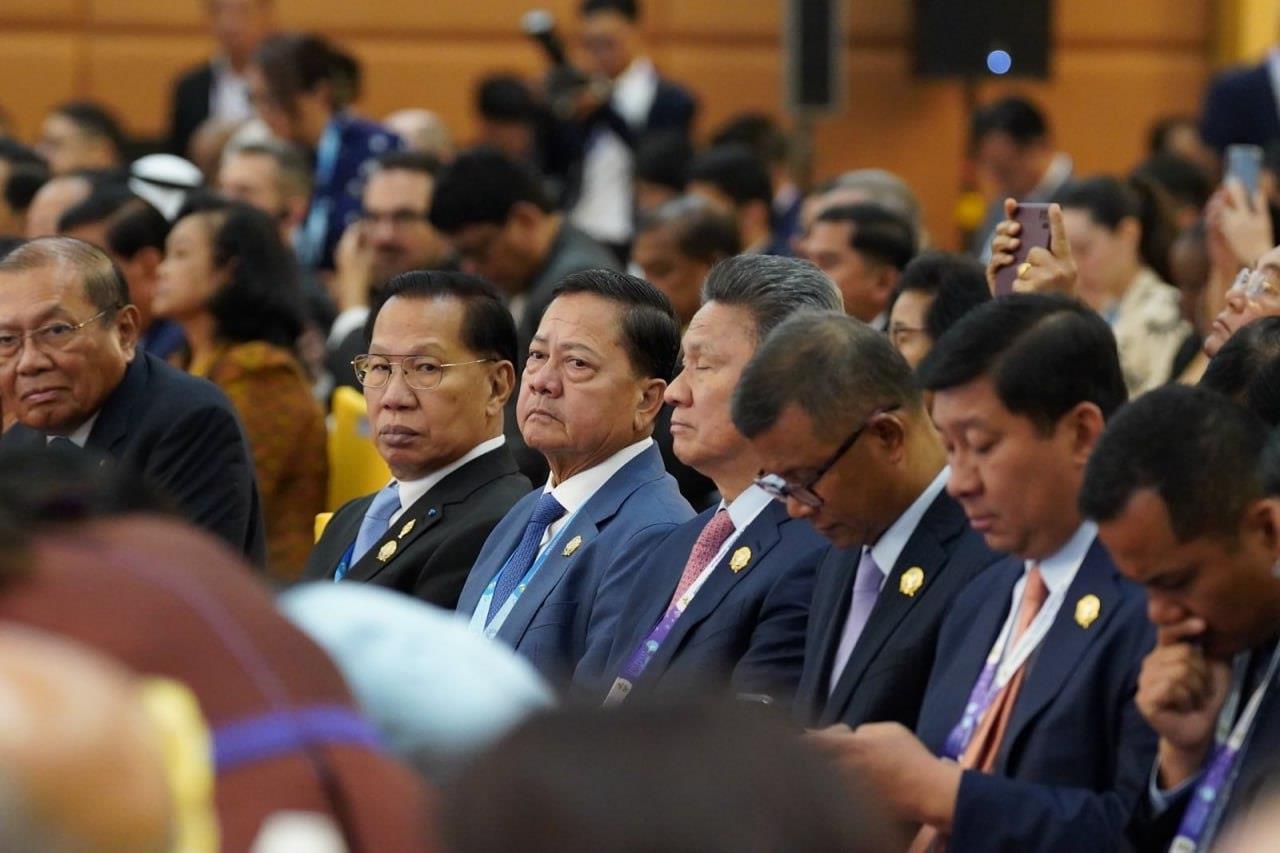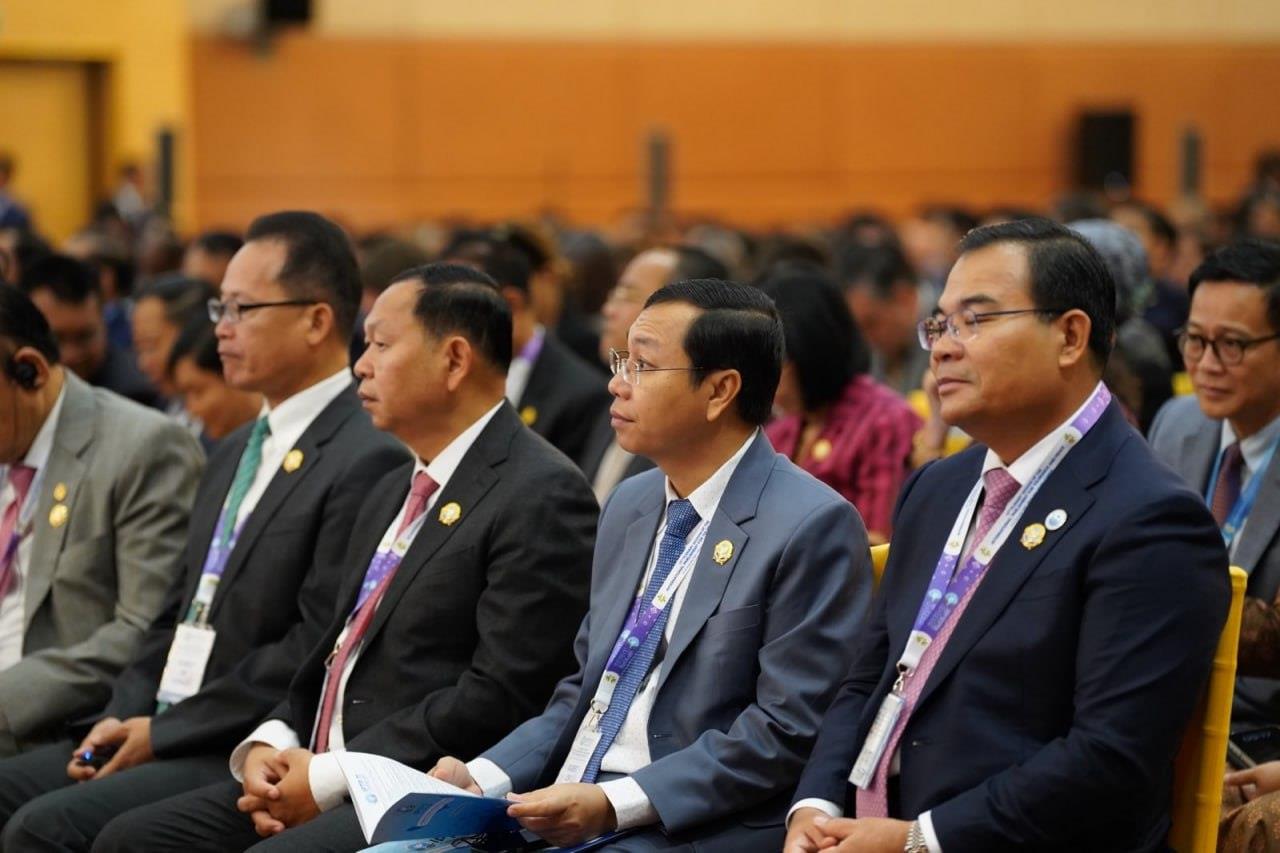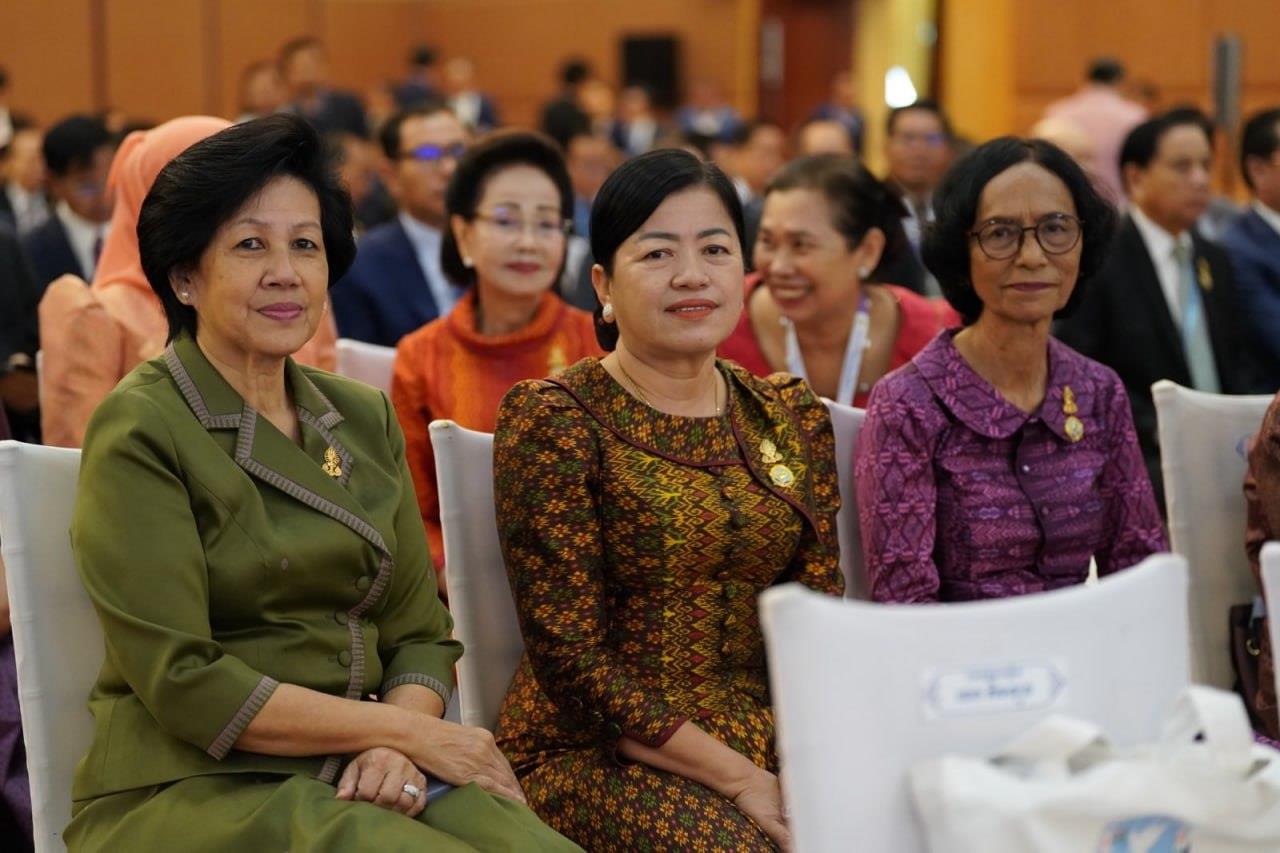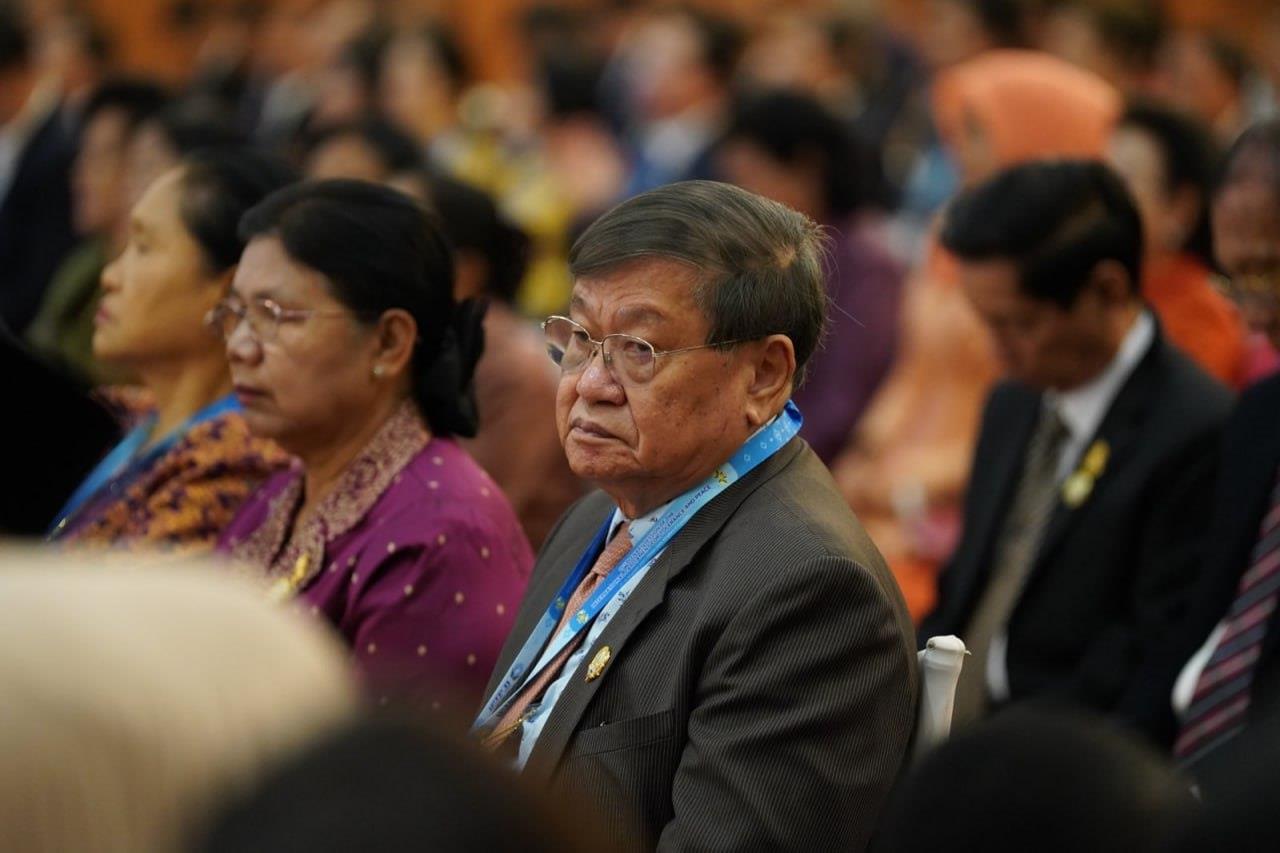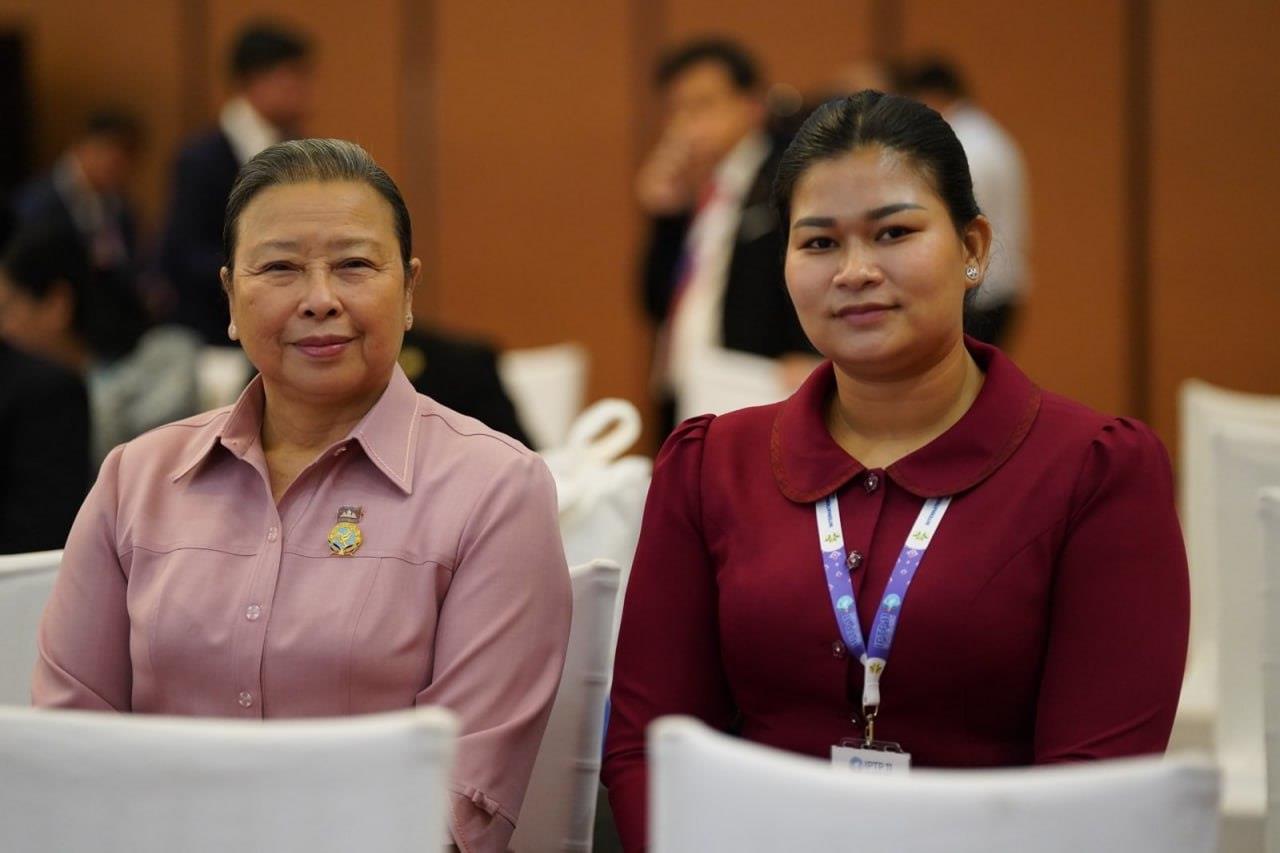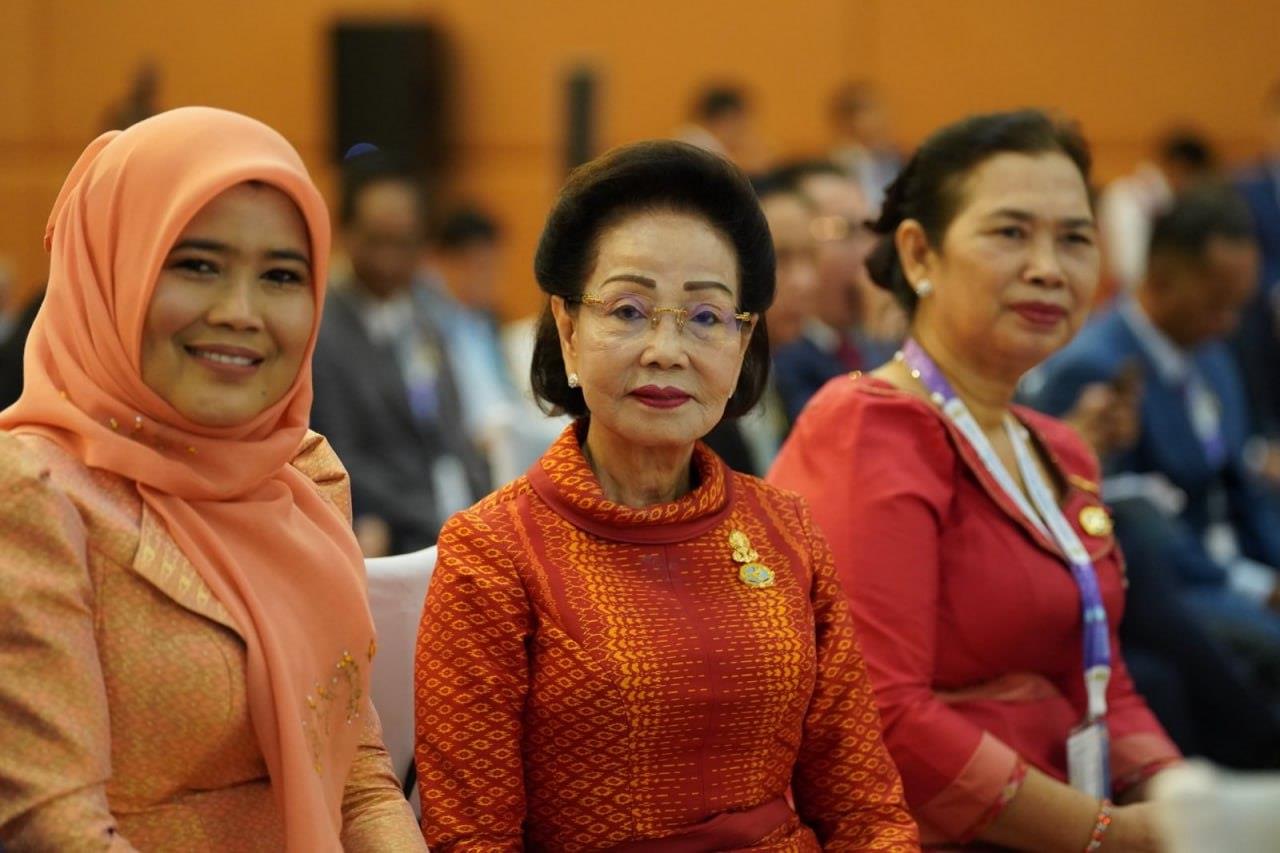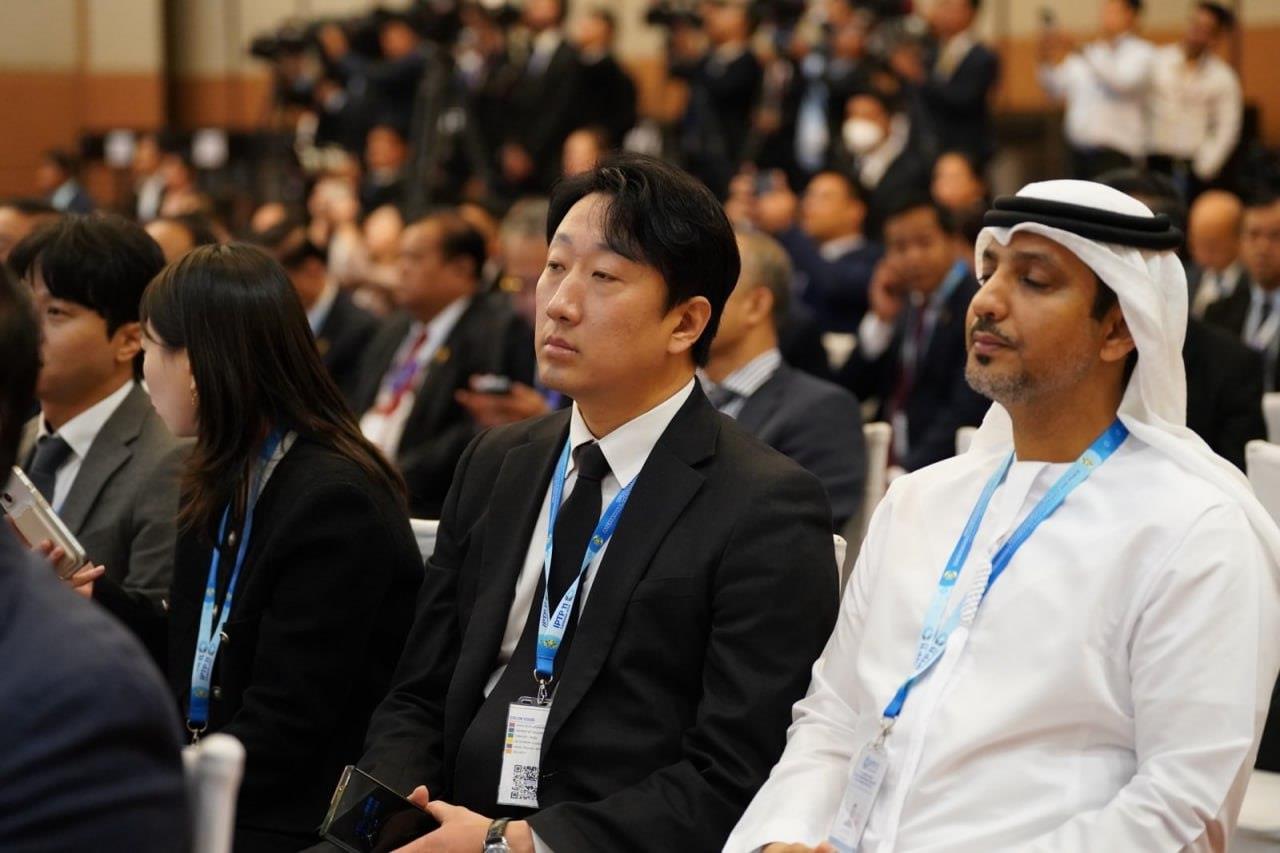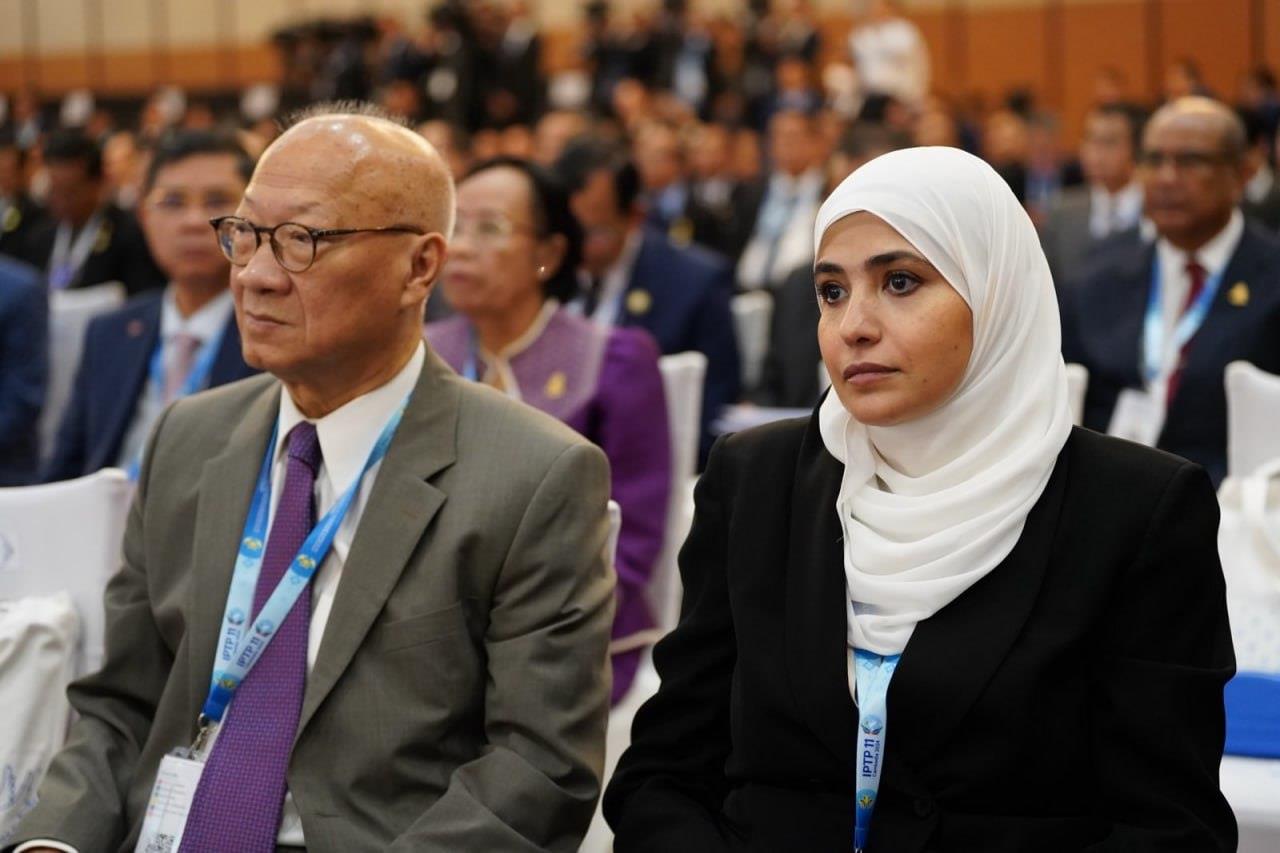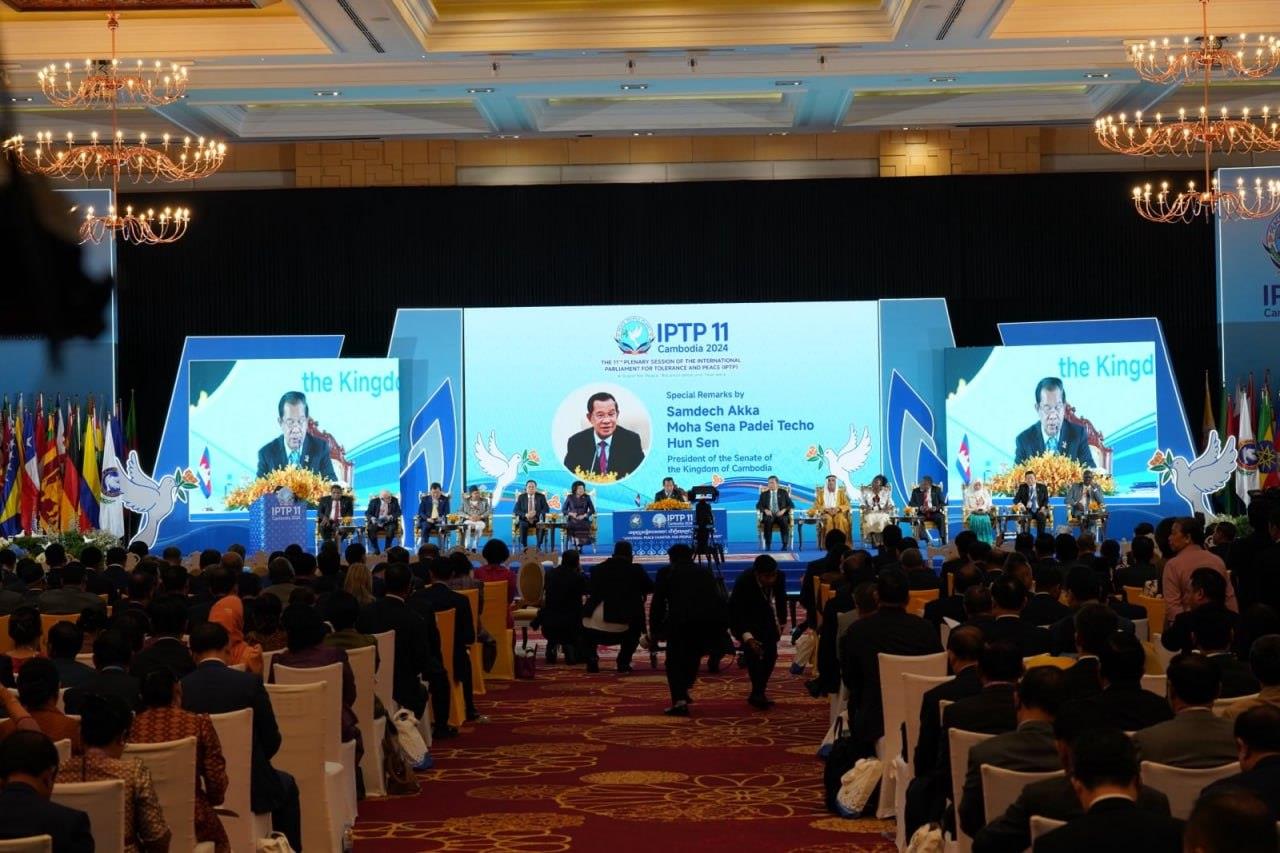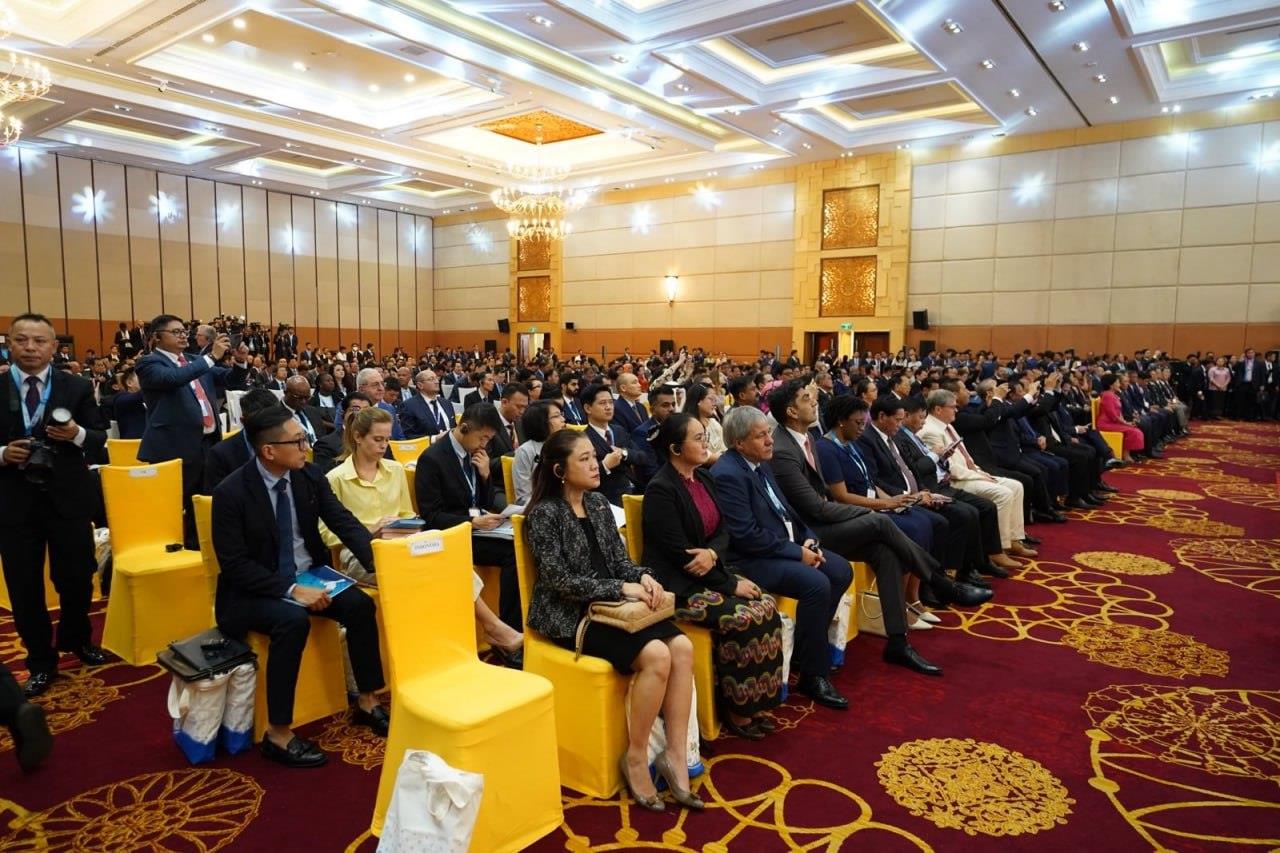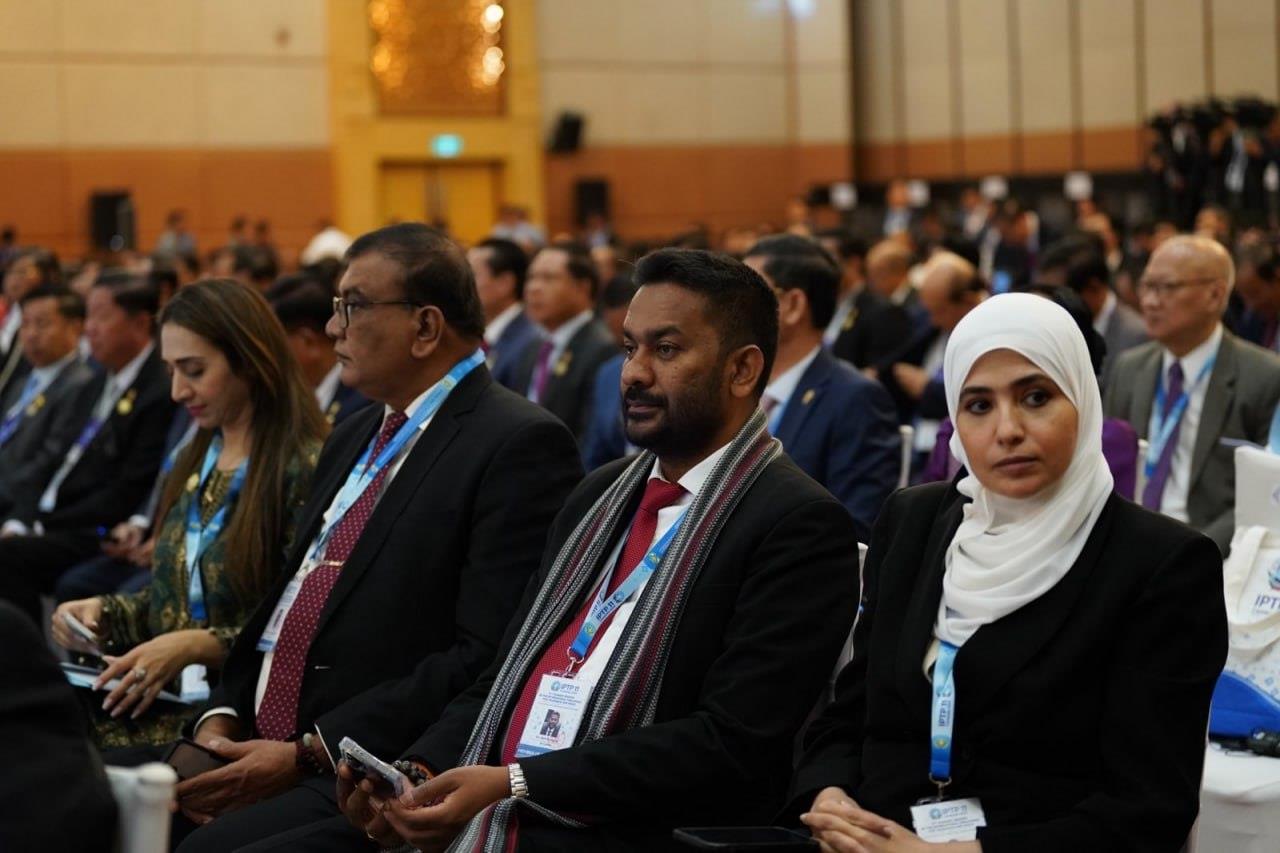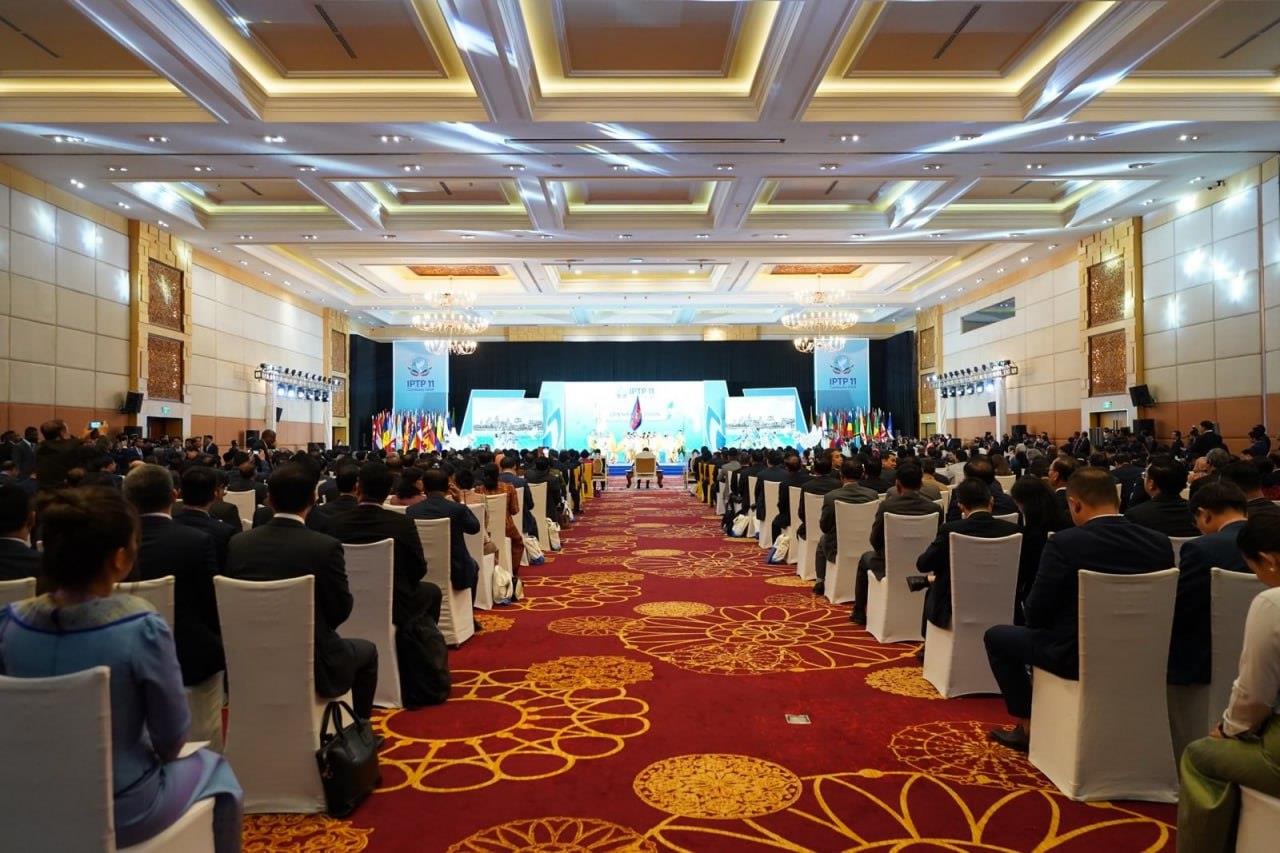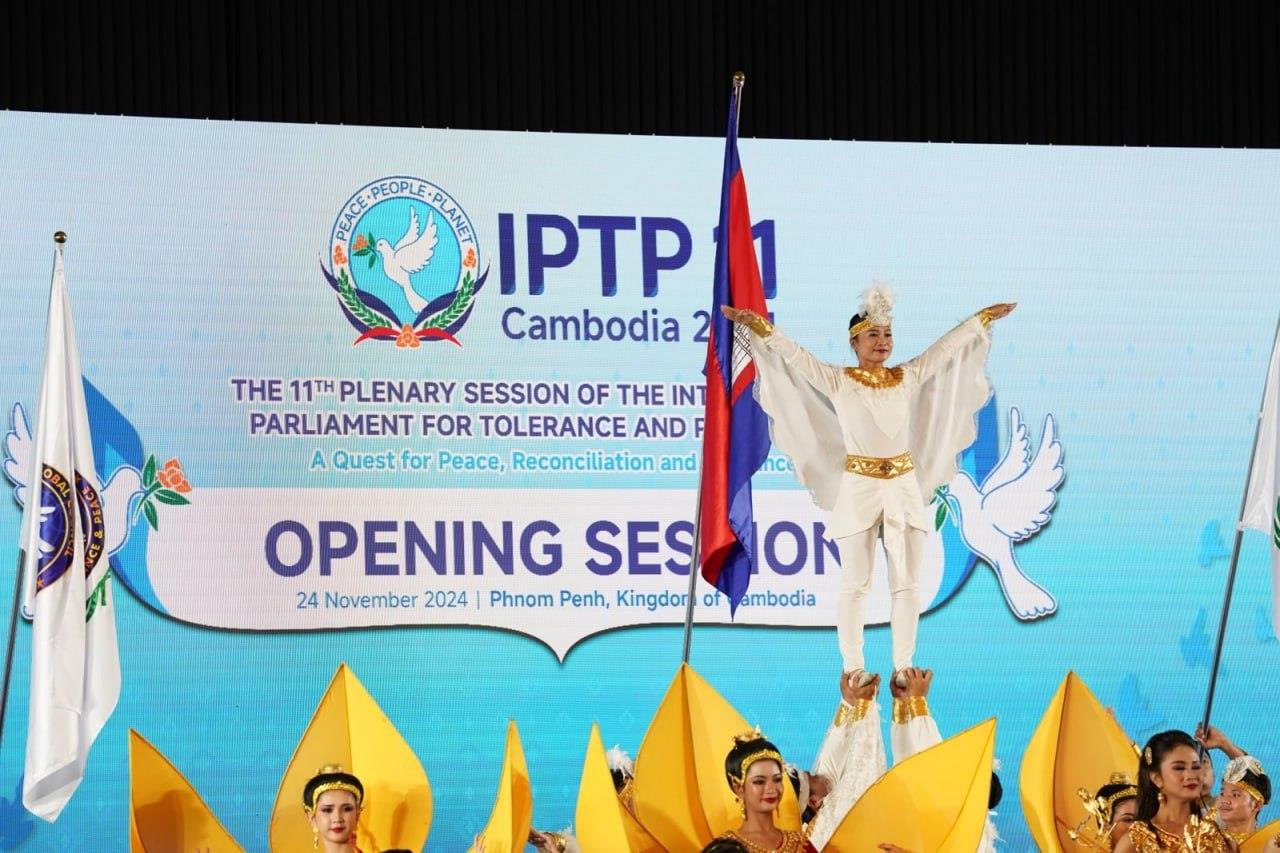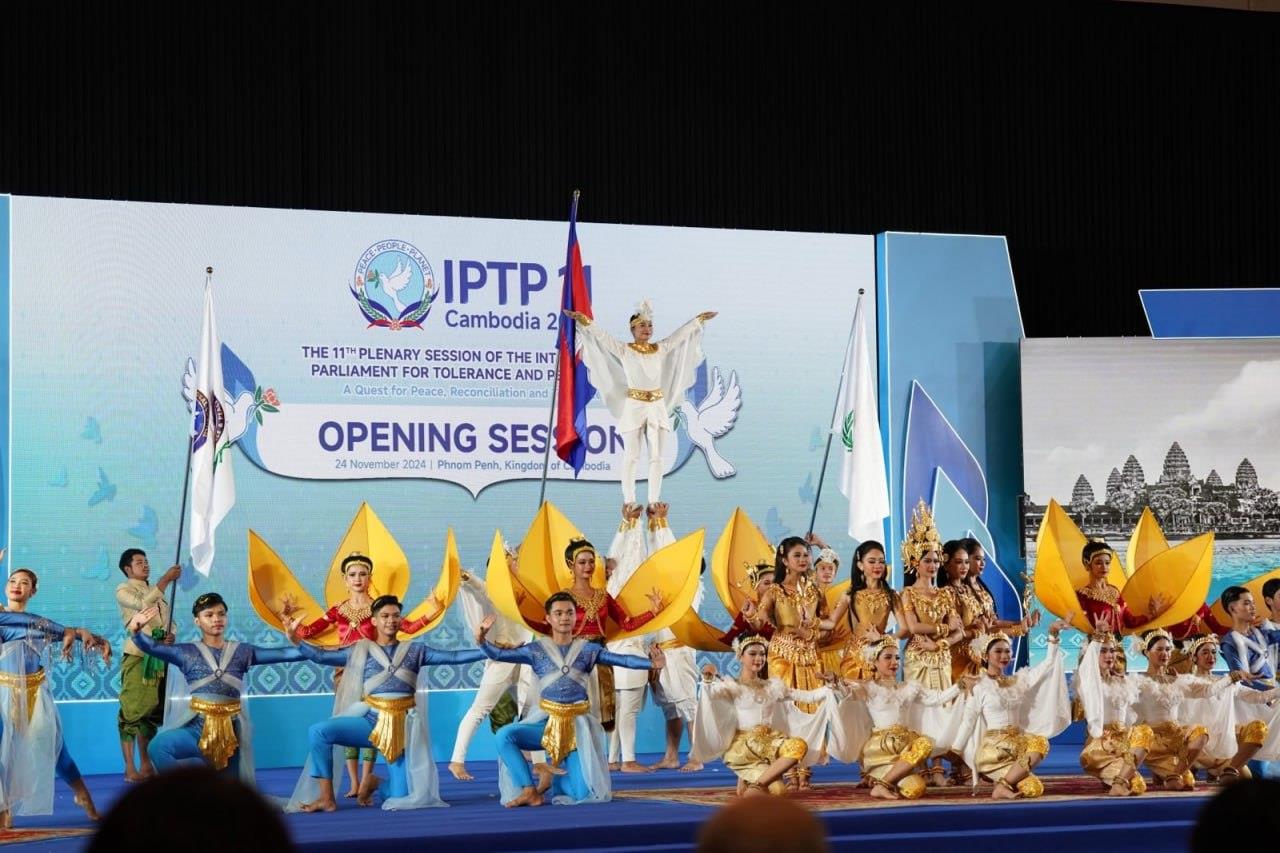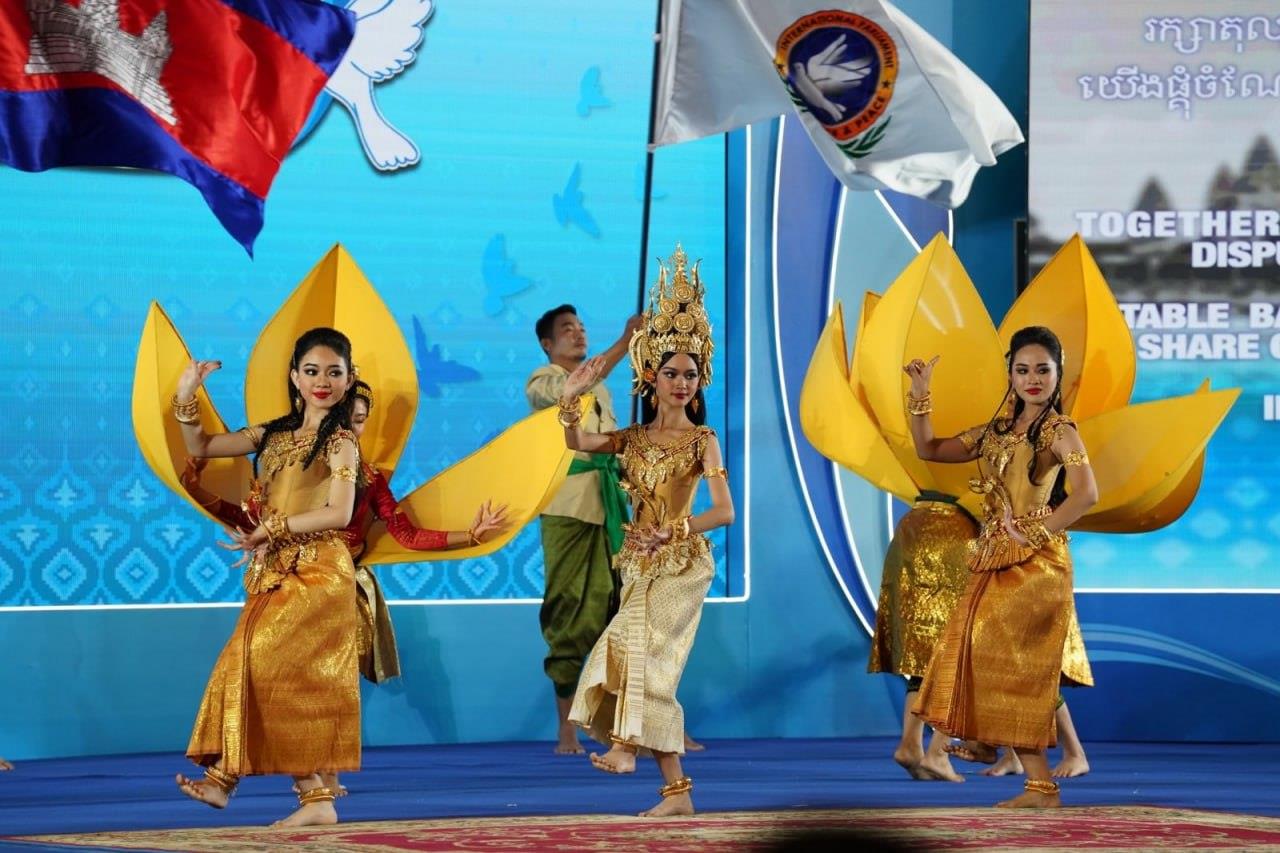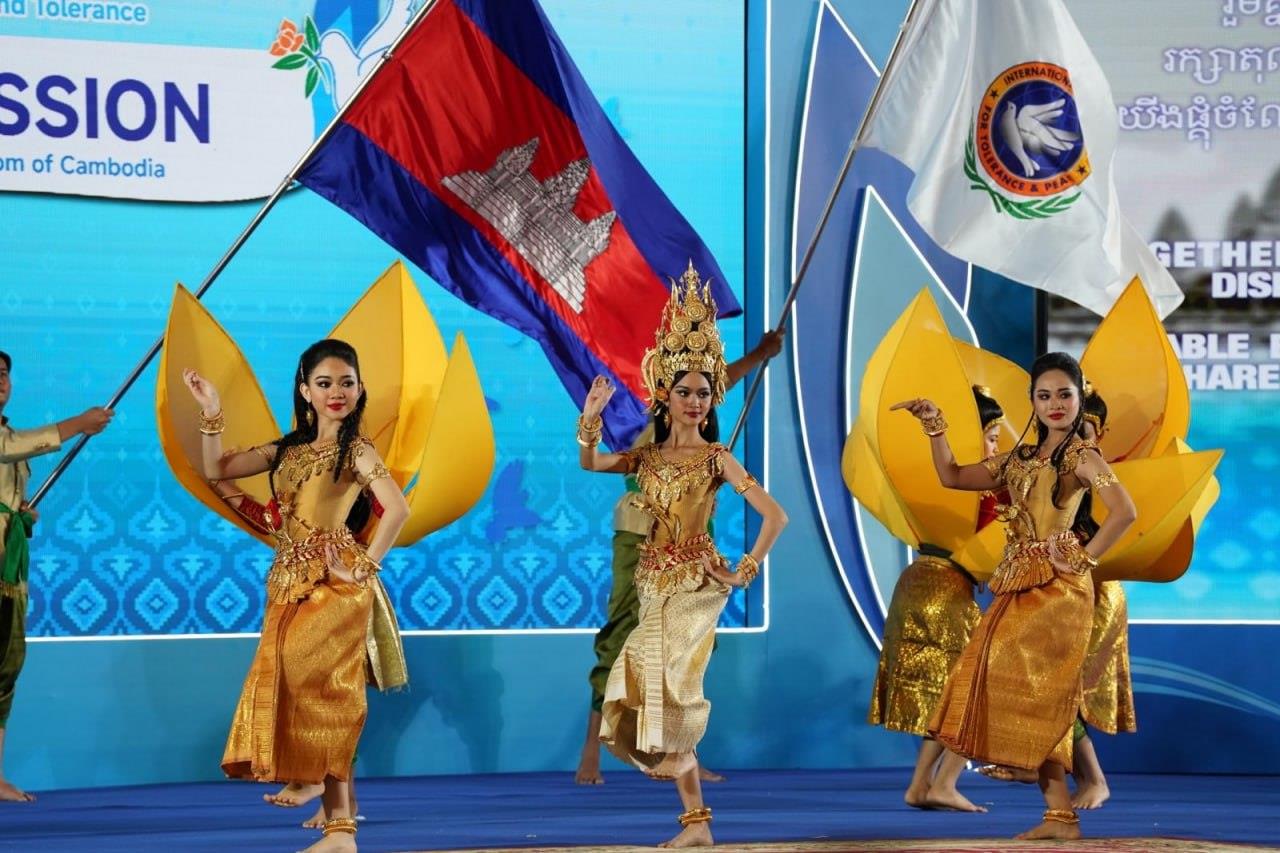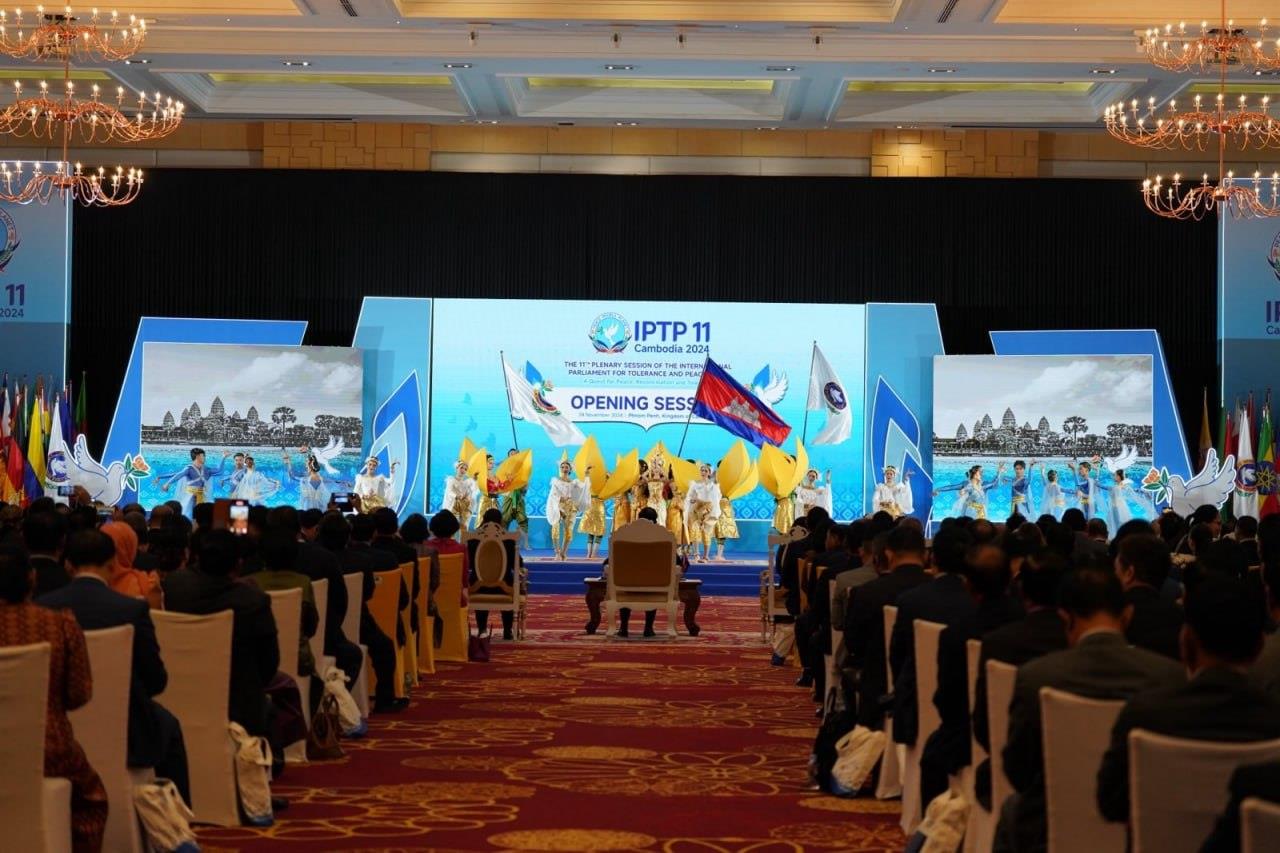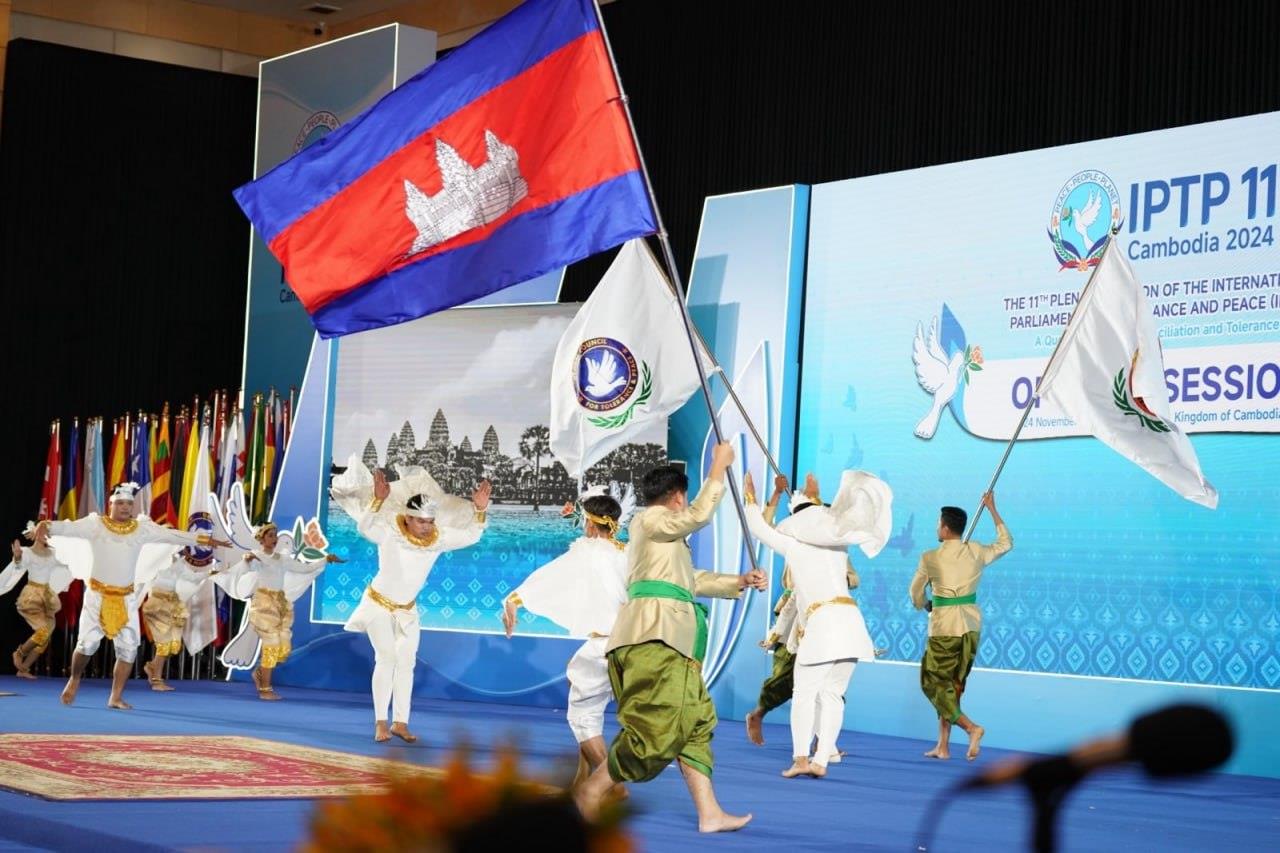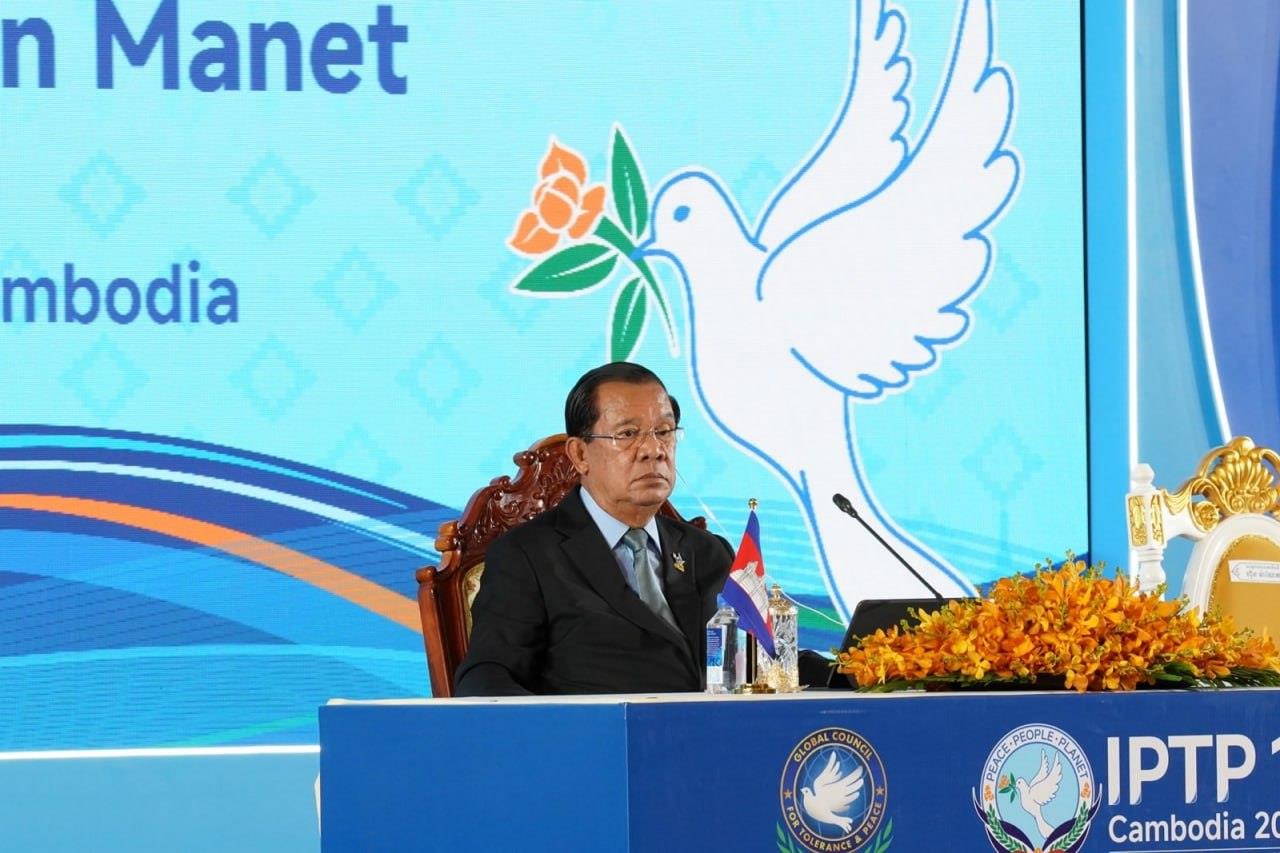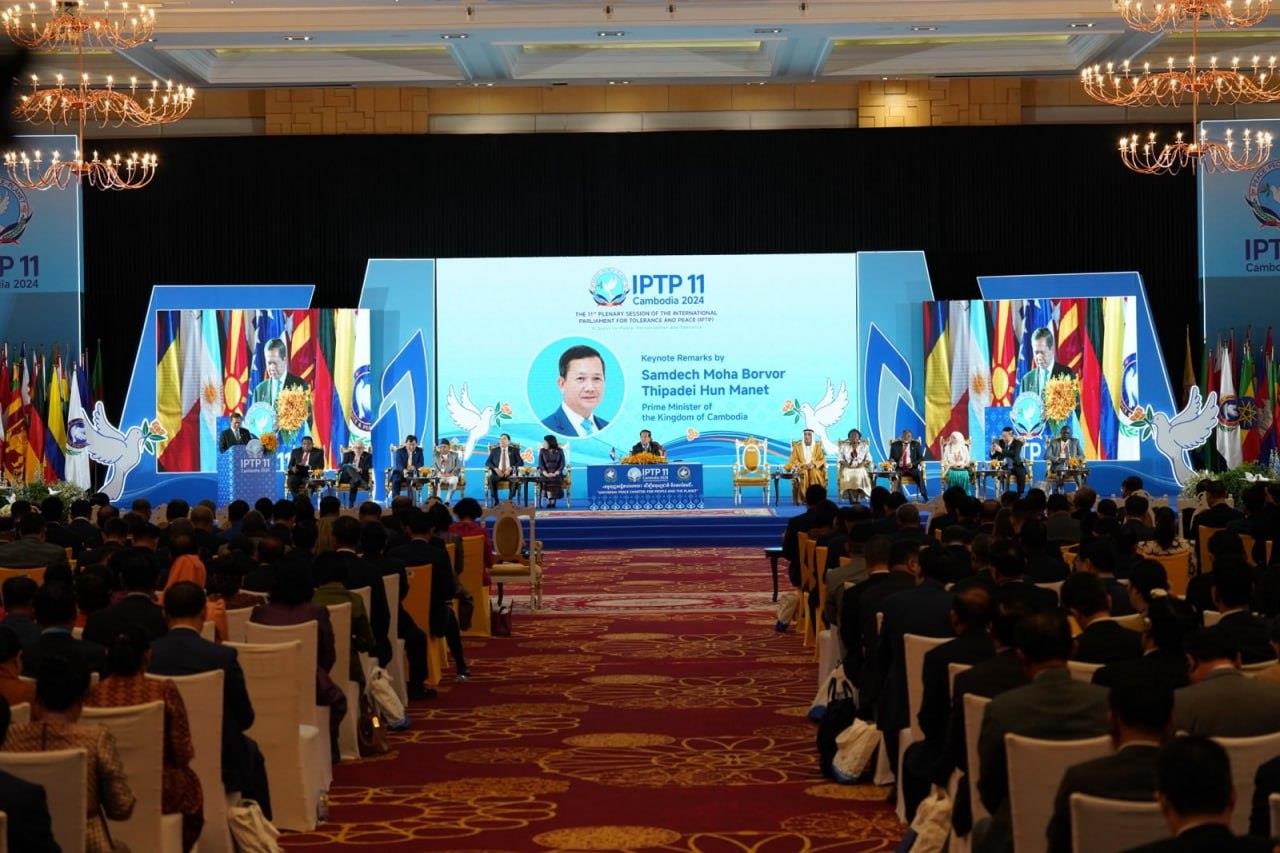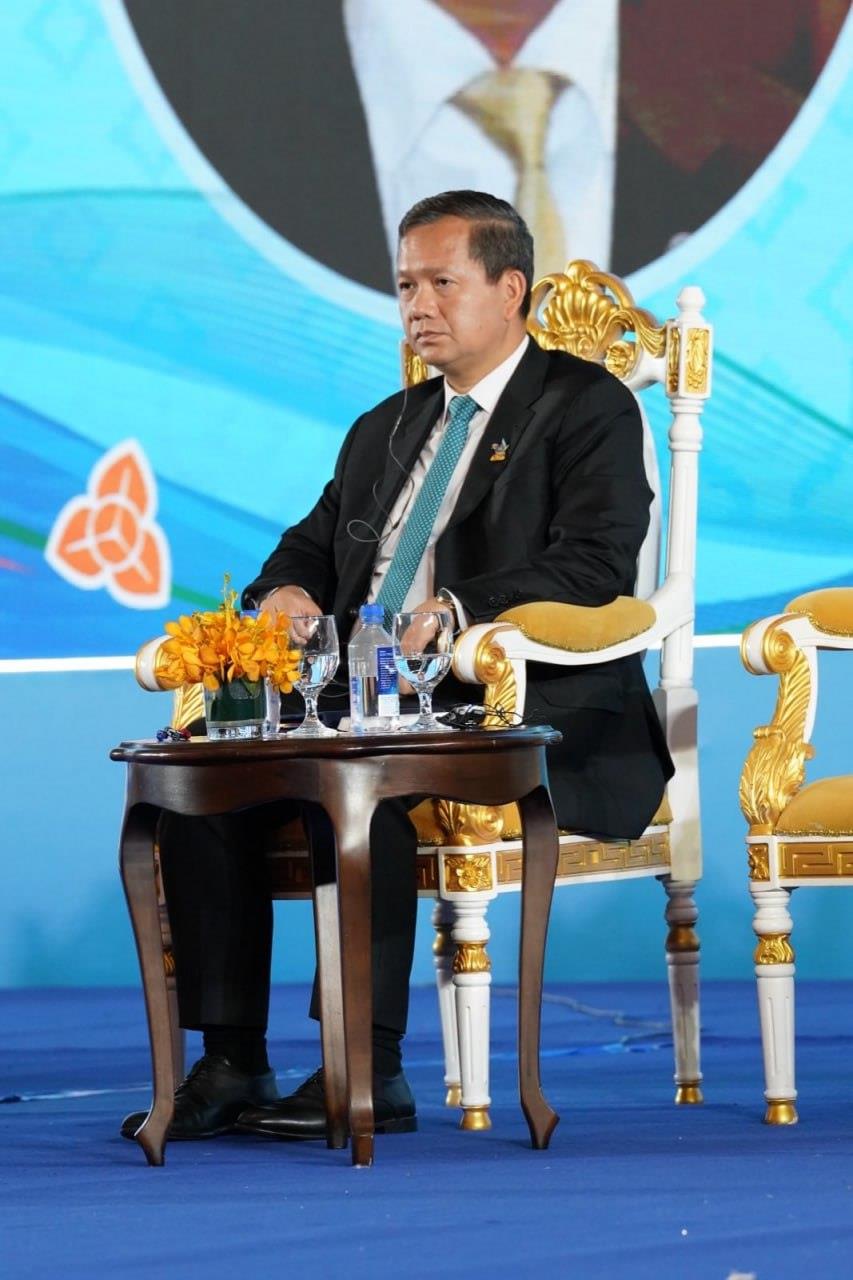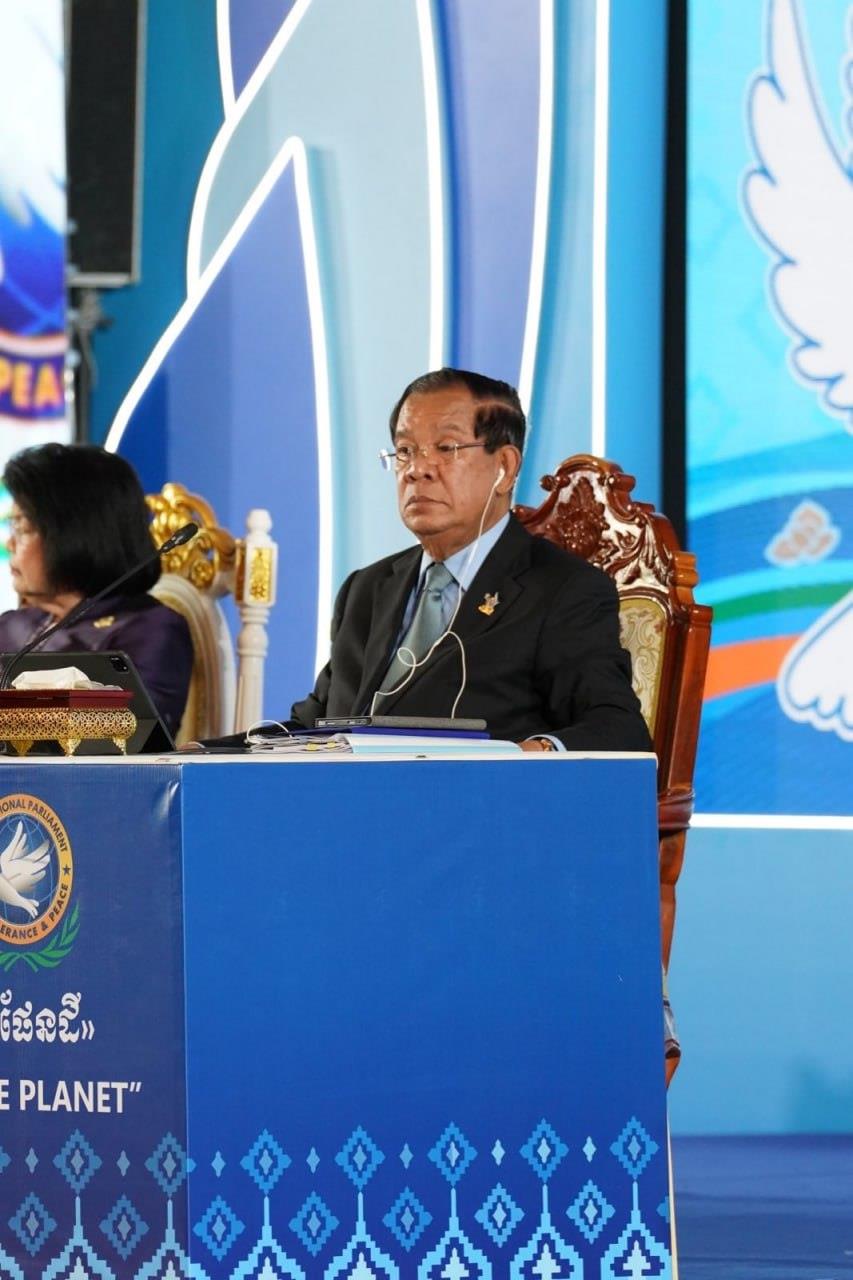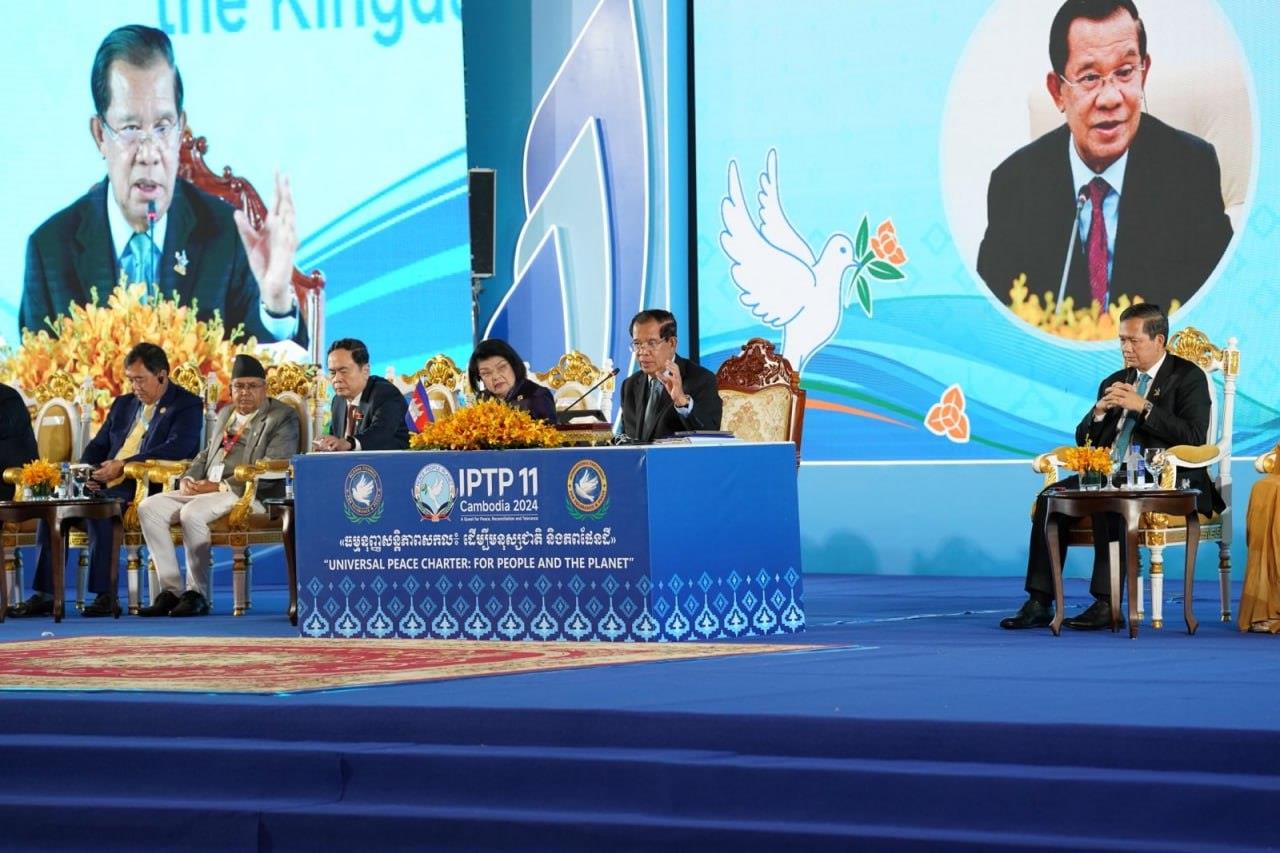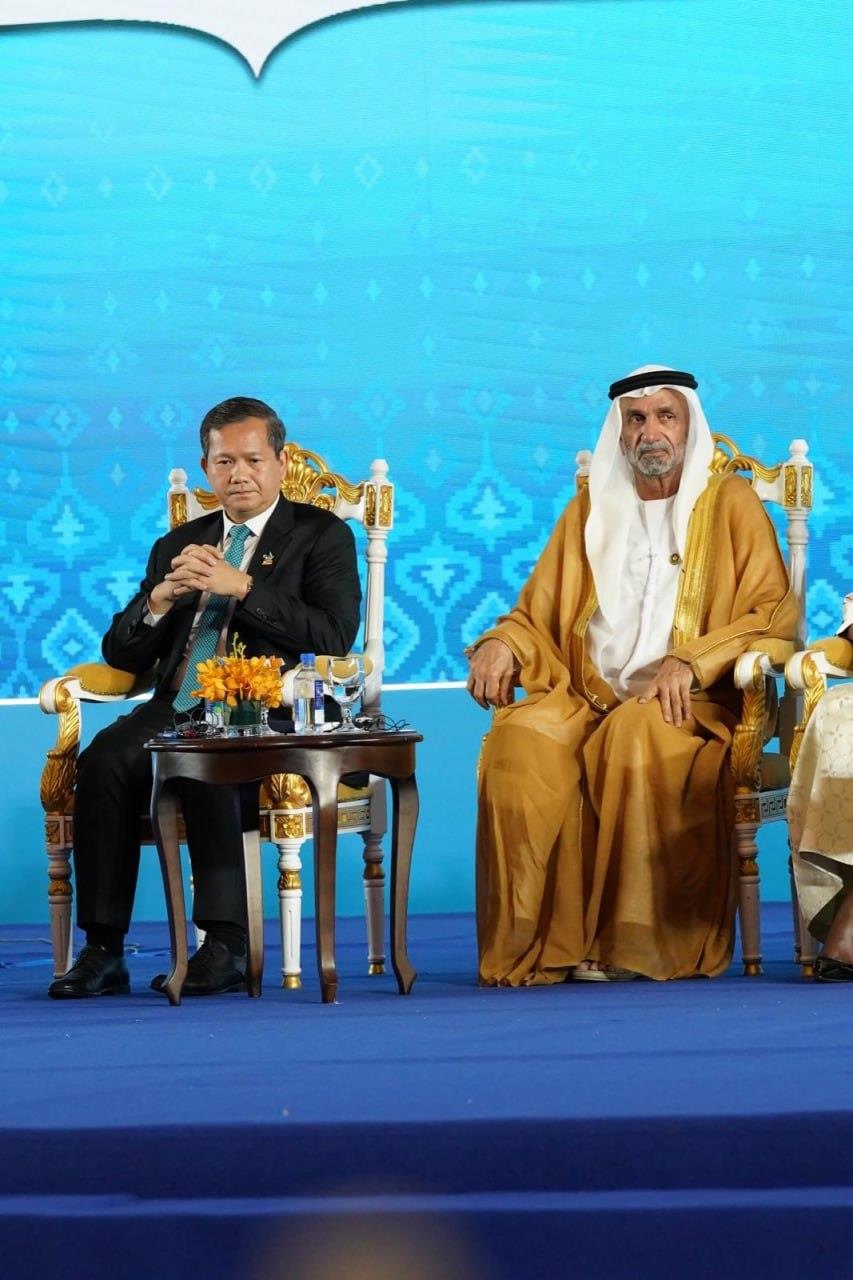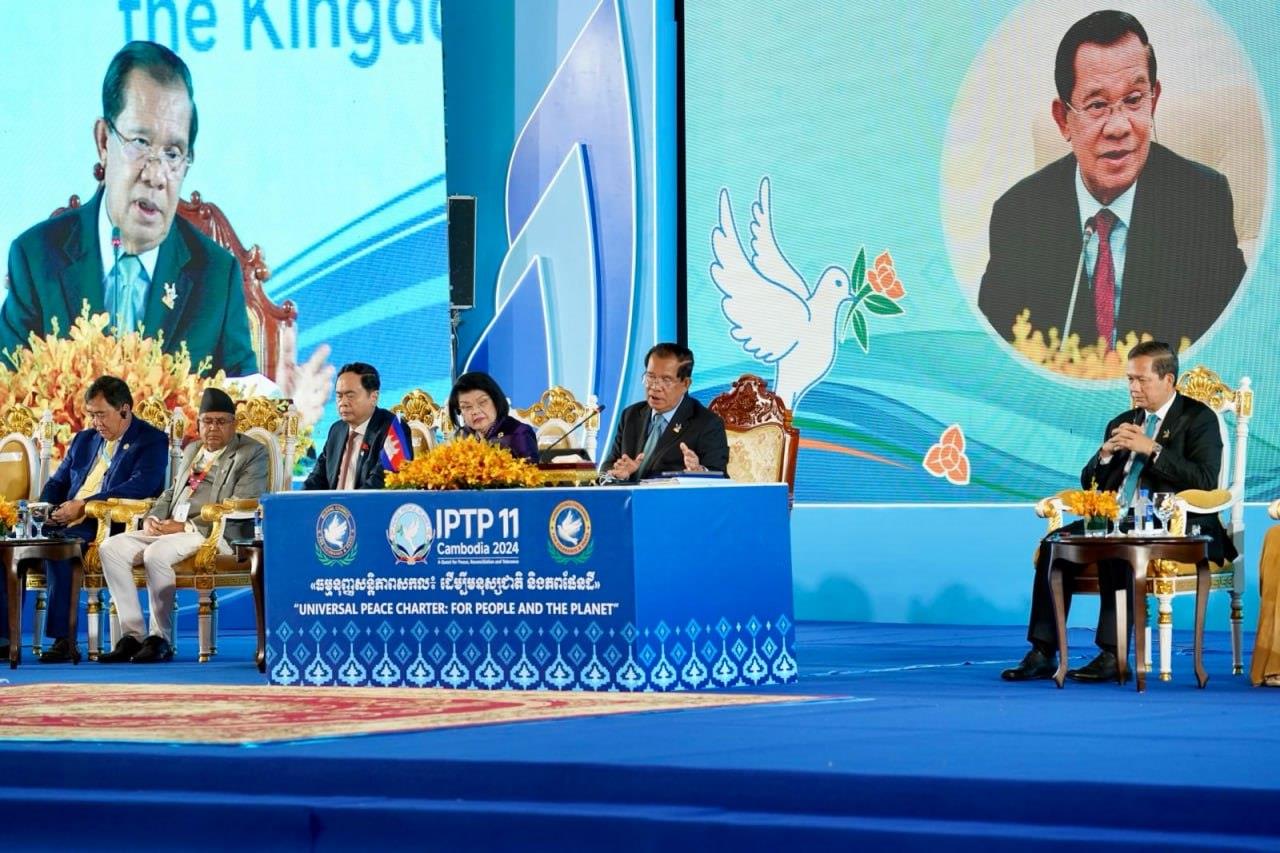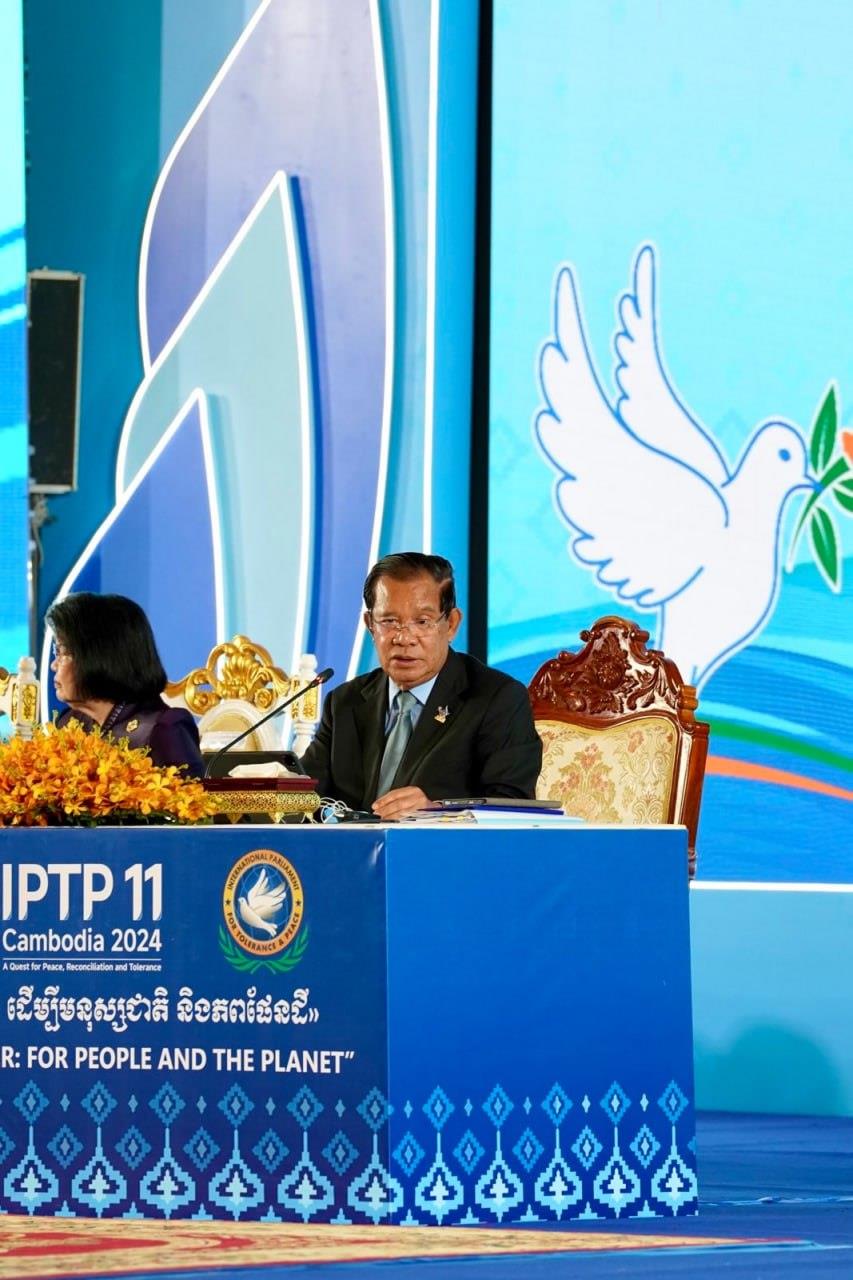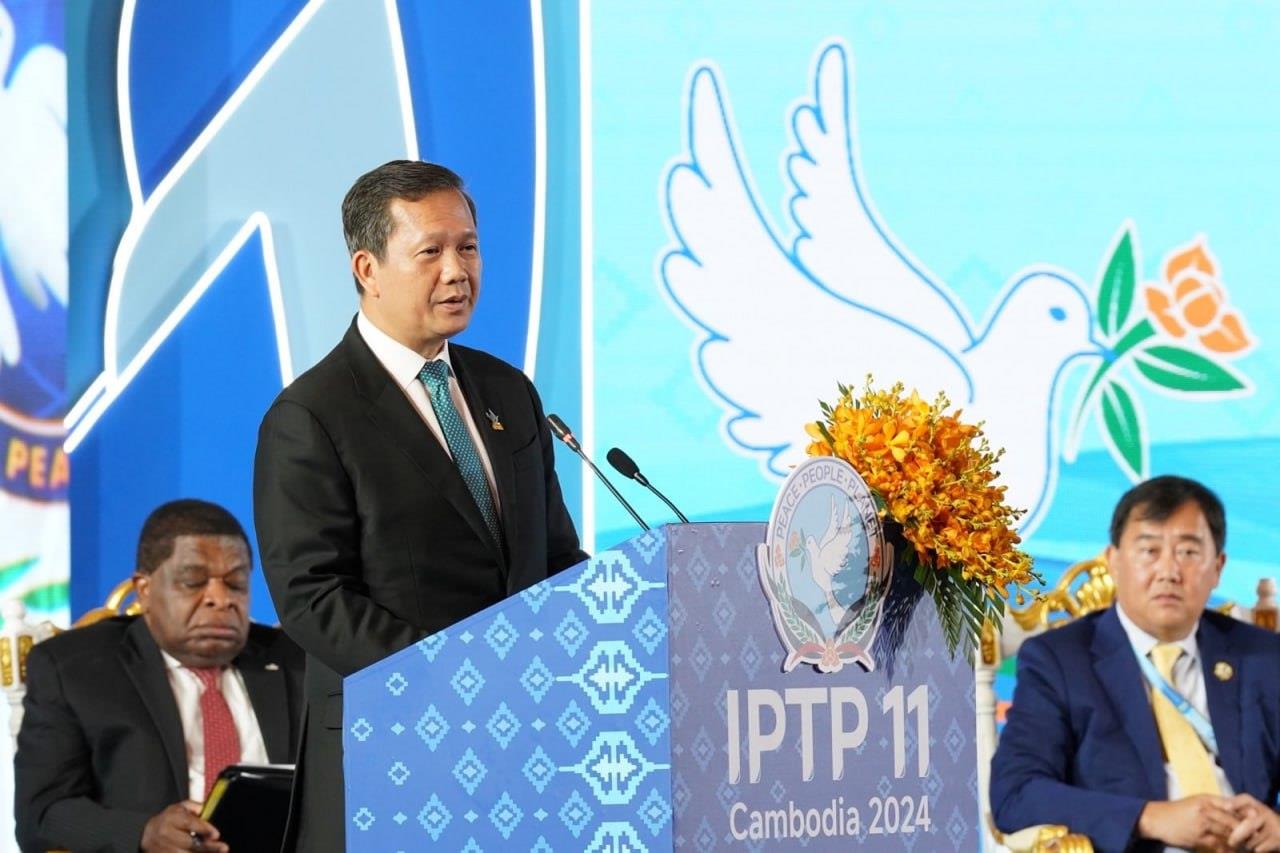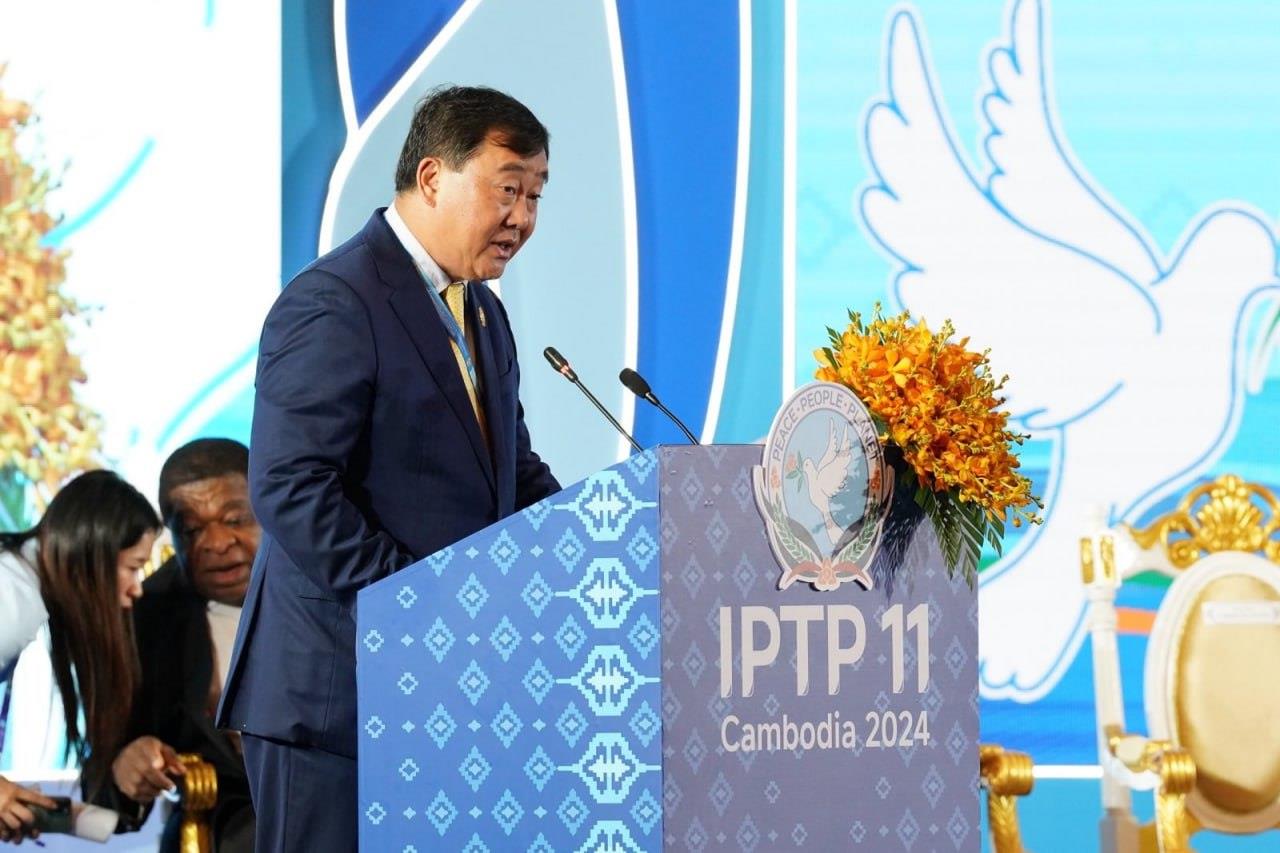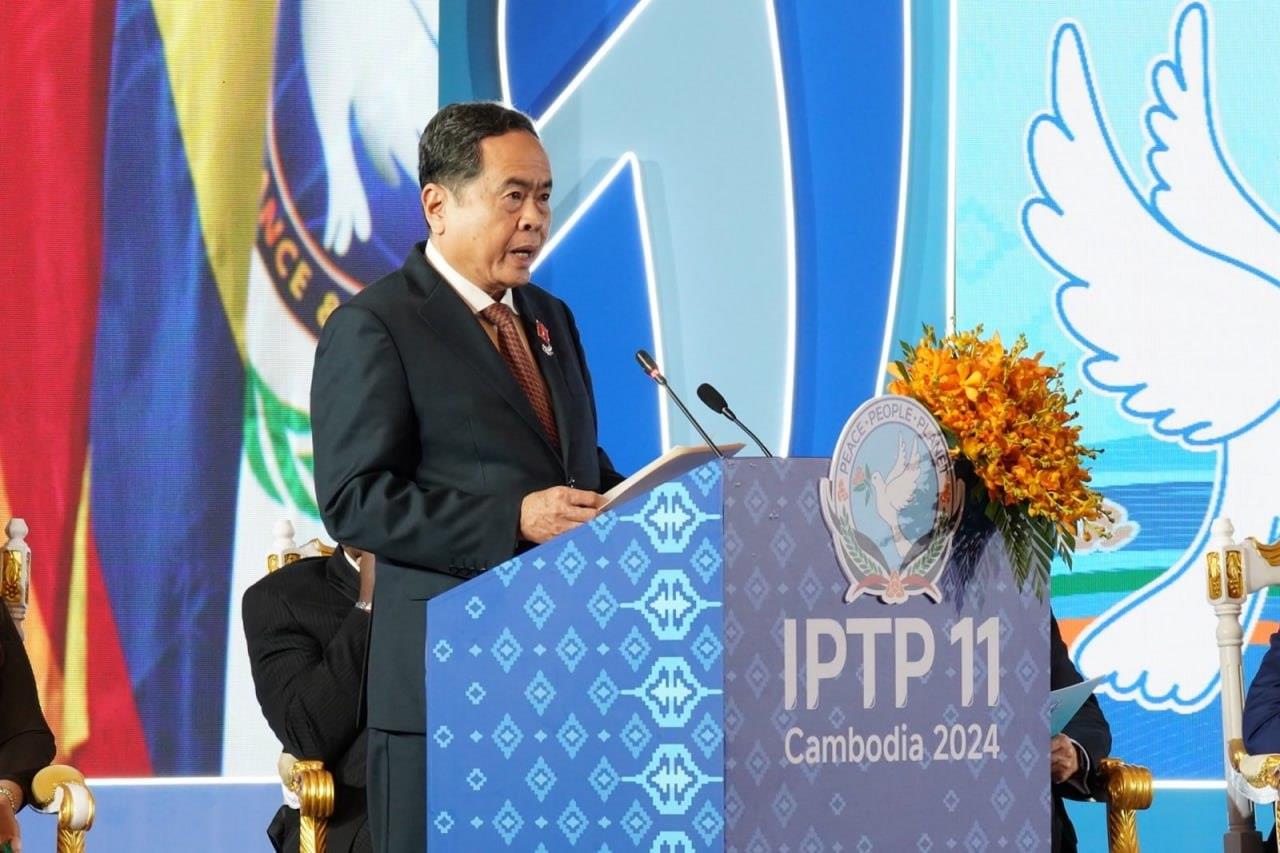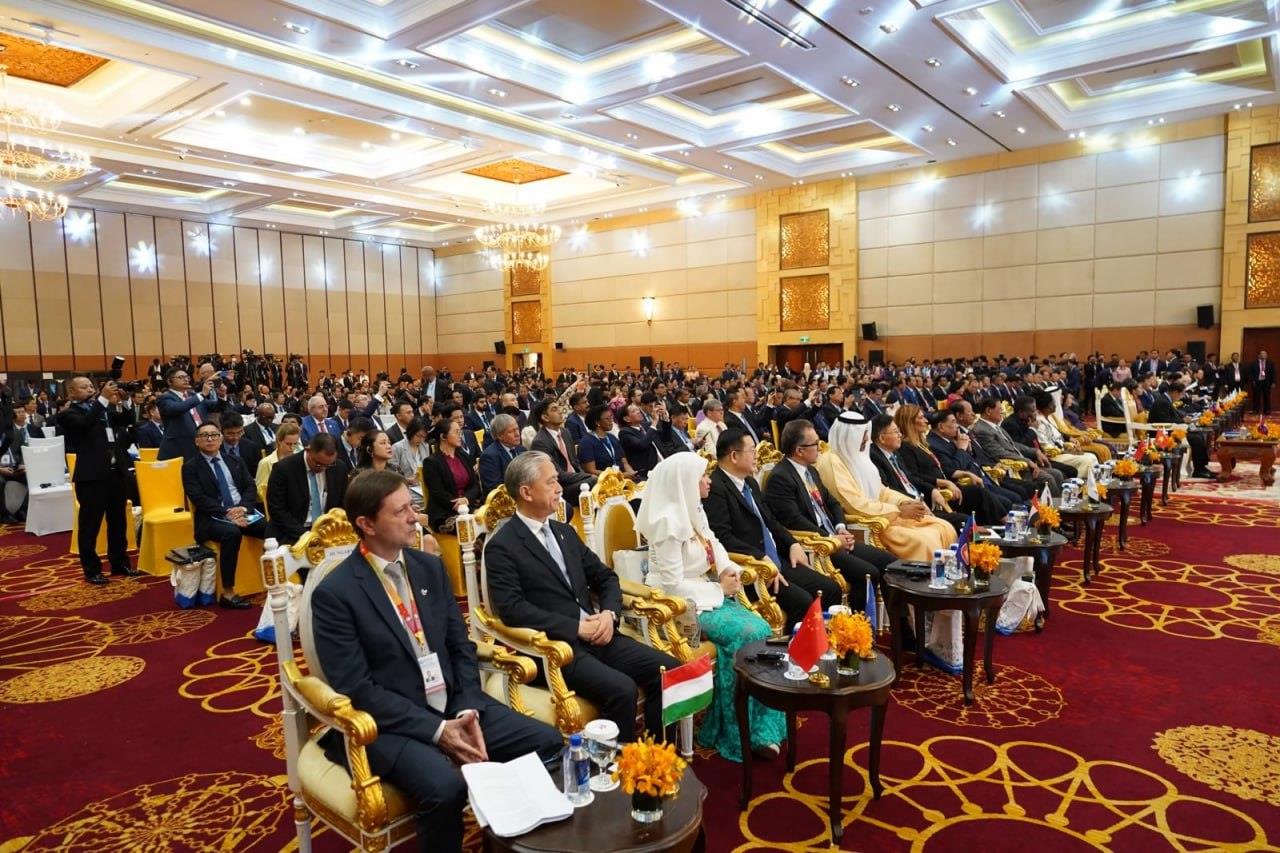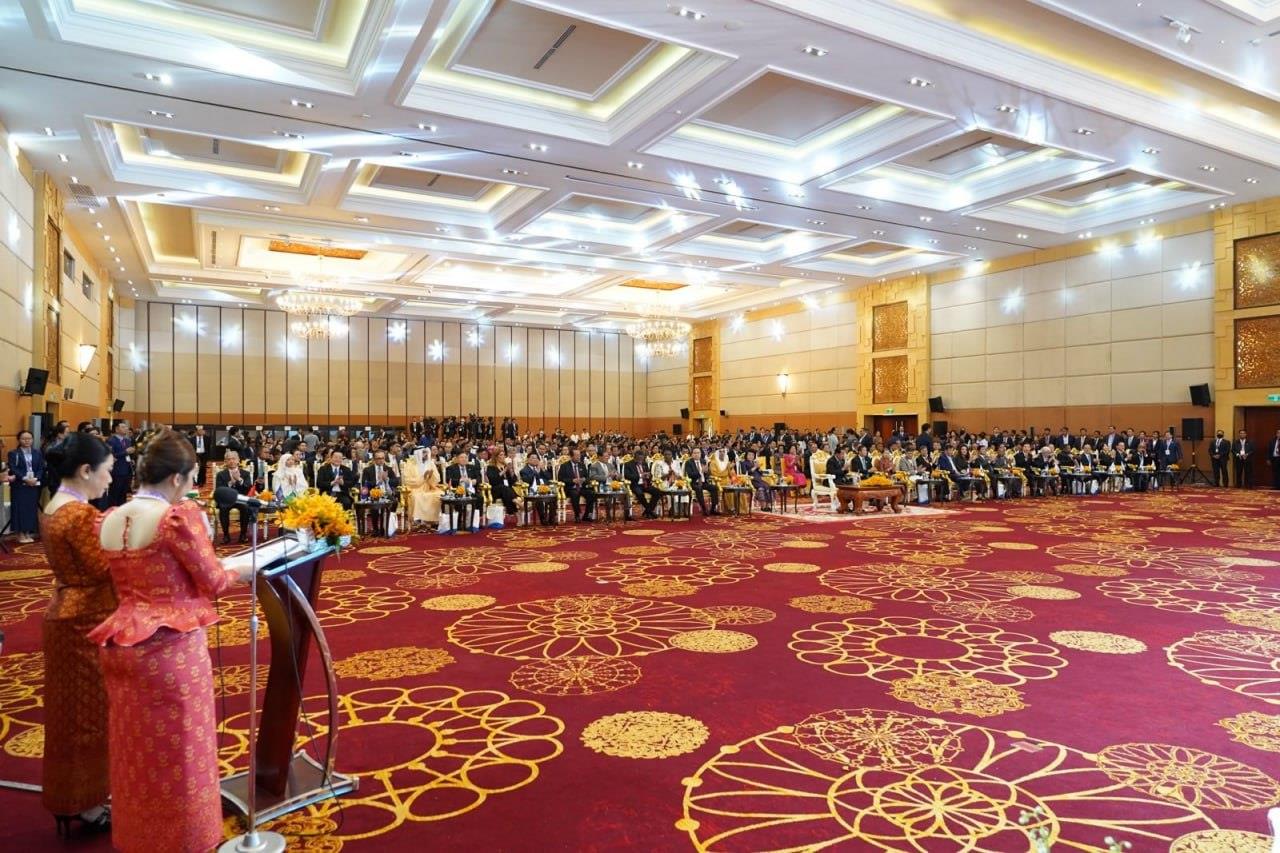Phnom Penh (FN), Nov. 24 – Cambodian Senate President Samdech Techo Hun Sen reflected on the implementation of the win-win policy, emphasising the vital role played by Samdech Pichey Sena Tea Banh in its success.
Samdech Techo Hun Sen spoke on Sunday (Nov. 24) during the opening of the 11th Plenary Session of the International Parliament for Tolerance and Peace (IPTP) at Sokha Phnom Penh Hotel.
"It was at this point that I initiated the win-win policy and began negotiations among Cambodians in 1996 to unify and integrate all factions into the Royal Government for the first time in our history," Samdech Techo underscored.
Samdech Techo explained that this political victory brought an end to nearly three decades of civil war without the use of force, achieving peace through the integration and dissolution of Khmer Rouge political and military structures. The policy was implemented through three key guarantees such as (1) Ensuring the personal safety and public identity of Khmer Rouge members; (2) Securing their livelihoods and occupations; and (3) Recognising their property ownership.
The Senate president continued, "At this point, I must acknowledge one of my collaborators, Samdech Pichey Sena Tea Banh. Without him, I have often thought that the success of the win-win policy would not have been possible. While I was the initiator and director of the process, it required strong leadership and cooperation to ensure success. This is a crucial aspect that not everyone fully appreciates."
Samdech Techo added, "If these guarantees had not been upheld, the threat of war would likely still persist. There were challenges and misunderstandings at the time, which we had to address. For example, a senior general came to my house and requested adjustments to the military’s positioning due to concerns about separatist elements within Khmer Rouge brigades. At that time, I was both Prime Minister and Commander-in-Chief of the Armed Forces."
Samdech Techo Hun Sen recalled his response: "The general suggested moving divisions to provinces such as Kandal, Takeo, Kampot, Svay Rieng, Prey Veng, and Kampong Cham. However, I firmly refused, pointing out that such moves would betray the guarantees we had given. For instance, recognising land ownership was a critical promise. If these forces rebelled, conflict could erupt throughout the country, not just in isolated regions. It was essential to address both the political and strategic aspects of military arrangements."
=FRESH NEWS
